Language in Conflict and War – Ukraine, Caucasus, Russia
November 6 (online zoom panels) and November 7 (campus & webinar)
Registration required for zoom and webinar links. [check for program updates]
NOVEMBER 6
10.00 Opening of the Symposium
10.15-11.45 Language in conflict and war – focus: Ukraine Abstracts
— Dr. Liudmyla Pidkuimukha (Justus Liebig University Giessen) Weaponizing Language: How Russia Commits Linguicide on the Occupied Territories of Ukraine
—Svetlana L’nyavsky (Lund University): I am a Russian Ukrainian, but I will not learn Ukrainian just for you! Language ideological debates, linguistic vigilantism, and Internally Displaced People at the time of war
— Solomija Buk, Ivan Franko National University of Lviv, Department of General Linguistics: Ukrainian for Foreigners in Russian-Ukrainian War: Changes and Challenges
13.00-14.40 Central Asia’s Complex Tapestry: Language, Education, Colonial Legacies, and Decolonial Perspectives Abstracts
— Juldyz Smagulova and Kara Fleming (College of Humanities and Education, at KIMEP University, Almaty, Kazakhstan): Shame and struggles for power: New speakers of Kazakh in Kazakhstan—
— Edward Lemon (Bush School of Government and Public Service, Texas A&M University) and Oleg Antonov (visiting researcher at GPS and RUCARR, Malmö University; visiting researcher at Södertörn University): Academic Diplomacy: The Educational Aspects of Russian Soft Power in Tajikistan
— Victoria Clement Central Asian Insights): Avoiding a Reckoning: Memory Days and History in Turkmenistan
— PhD candidate Dina Kucherbayeva and Prof. Juldyz Smagulova: Language Revitalization: Challenges for Kazakh in Higher Education
14.50-16.30. Language in conflict and war – focus: North Caucasus and Turkey Abstracts
— Emre Pshigusa (U.S. State Department, English Language Fellow): The Circassian language and identity created a feeling of illegality in us” Language Ideologies, Policies, and Circassian Language Rights in Turkey
— Lars Funch Hansen (Circassian Studies) The marginalisation of Circassian language through local history teaching, with cases from Krasnodar Krai including the Black Sea coast
— Valeriya Minakova (Penn State): “It all starts in the family”: Placing discourses on the role of families in Circassian language preservation into a historical-political context
Merab Chukhua (Tbilisi State University and the Circassian Culture Center, Tbilisi): One case of reflecting a historical fact in language
16.40-17.40. Historical perspectives Abstracts
— Otari Gulbani (Central European University MA): Russian Imperial Orientalism in Svaneti: A Discursive Analysis
— Sam Tarpley (Tulane University, Grad stud): Contemporary Deconstruction: Post-Soviet Monuments and the American South
NOVEMBER 7 (campus and webinar) Abstracts
10.15 Welcome (Niagara, 5th floor, C section (Nordenskiöldsgatan 1)
10.30-11.45. Morning session
Giorgi Alibegashvili (State Language Department of Georgia) & Maka Tetradze. (State Language Department of Georgia & Tbilisi State University):: Street Georgian – as a Reflection of functioning of the State language in Georgia
Tinatin Bolkvadze (Tbilisi State University & State Language Department): How to assess the functioning of the Russian language in Georgia (online)
13.00-14.15 Afternoon session 1
Nadiya Kiss (JLU Giessen): Languages at war: Language shift, contested language diversity and ambivalent enmity in Ukraine
Andrey Makarychev (University of Tartu): “Estonian Russophones: A Biopolitical Story”
14.30-15.45. Afternoon session 2
Mariam Manjgaladze (Caucasus University): Issues of the Official Language Ecology in Contemporary Georgia
Lidia Zhigunova (Tulane University, USA): Russia’s War on Indigenous Languages: The Case of Circassian in the North Caucasus
15.50-16.20. Concluding Roundtable
Moderator: Professor Barbara Thörnquist-Plewa, Central and Eastern European Studies, Centre for Languages and Literature, Lund University
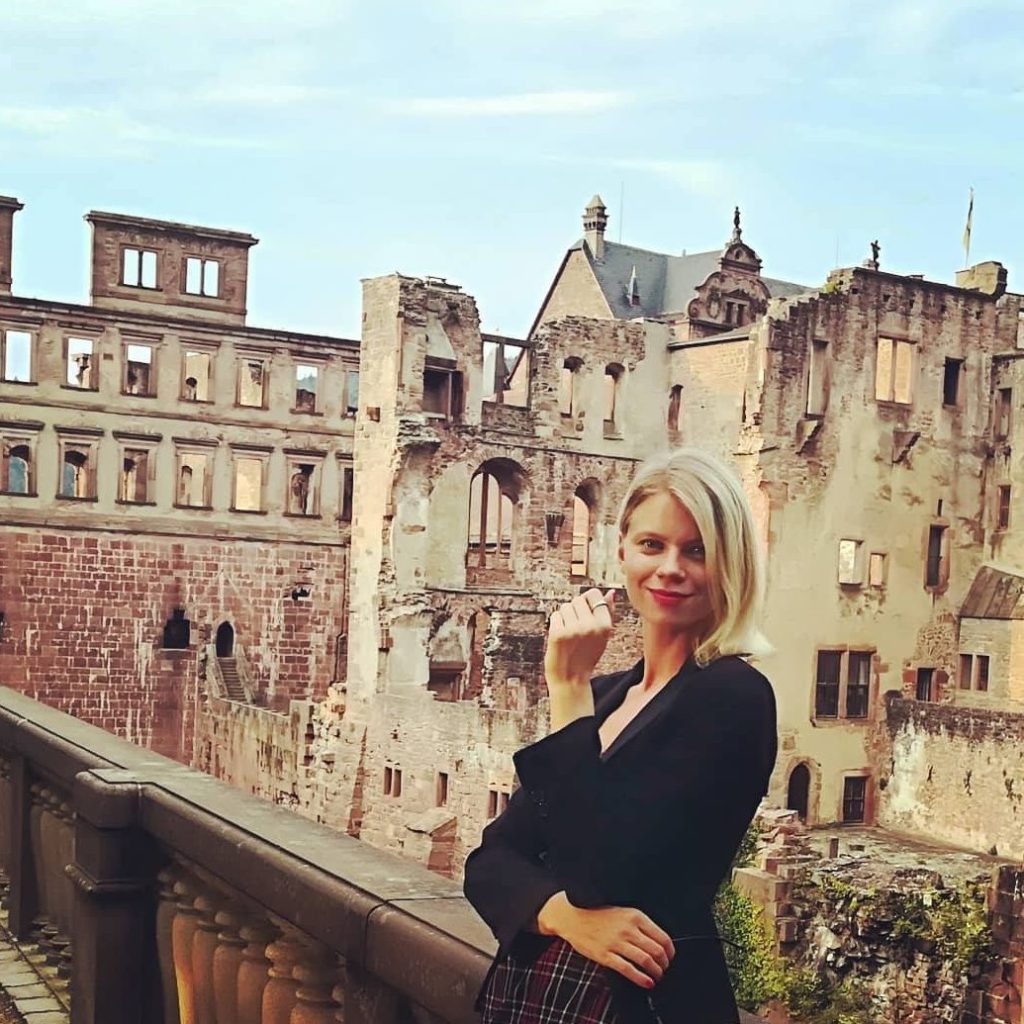 When: March 12, 2024, 15.15-16.30
When: March 12, 2024, 15.15-16.30


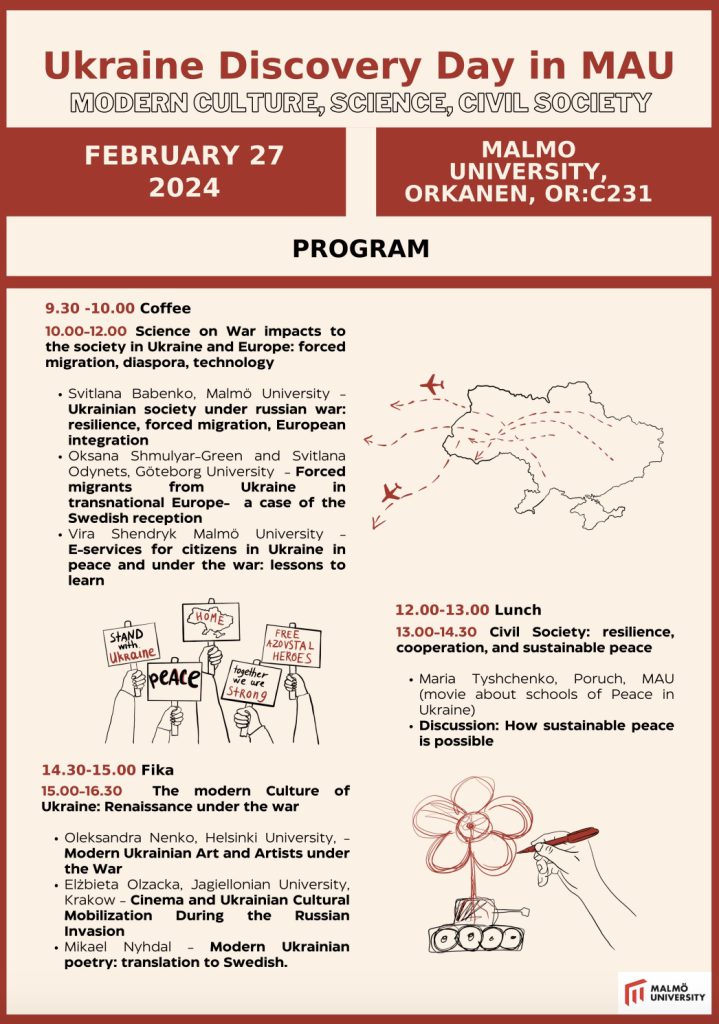
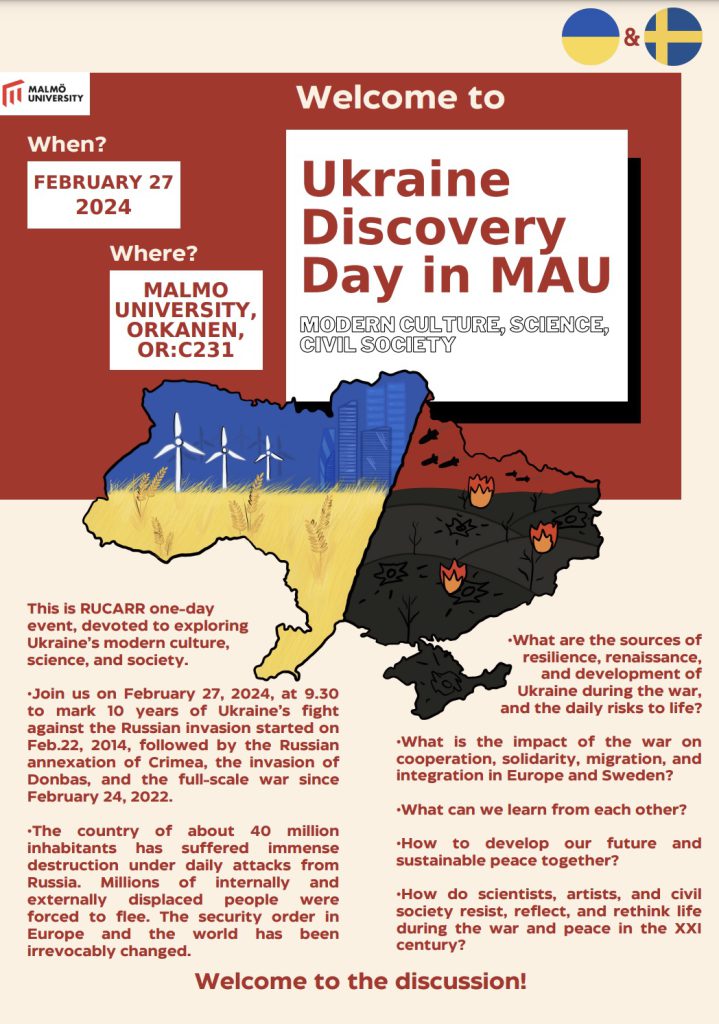
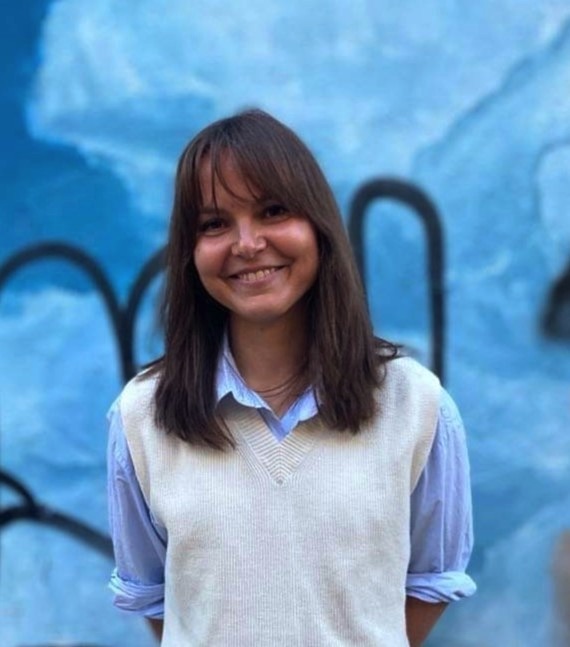 Lena Hercberga (Copenhagen Business School) holds a Doctoral degree from the University of Bristol, UK. Her current research interests include revisiting post-Soviet identity struggles, social cleavages, and democracy from alternative points of view, such as e.g., radical democracy and agonistic pluralism. Additionally, Lena is interested in self-reflexive forms of inquiry and non-conventional research methods
Lena Hercberga (Copenhagen Business School) holds a Doctoral degree from the University of Bristol, UK. Her current research interests include revisiting post-Soviet identity struggles, social cleavages, and democracy from alternative points of view, such as e.g., radical democracy and agonistic pluralism. Additionally, Lena is interested in self-reflexive forms of inquiry and non-conventional research methods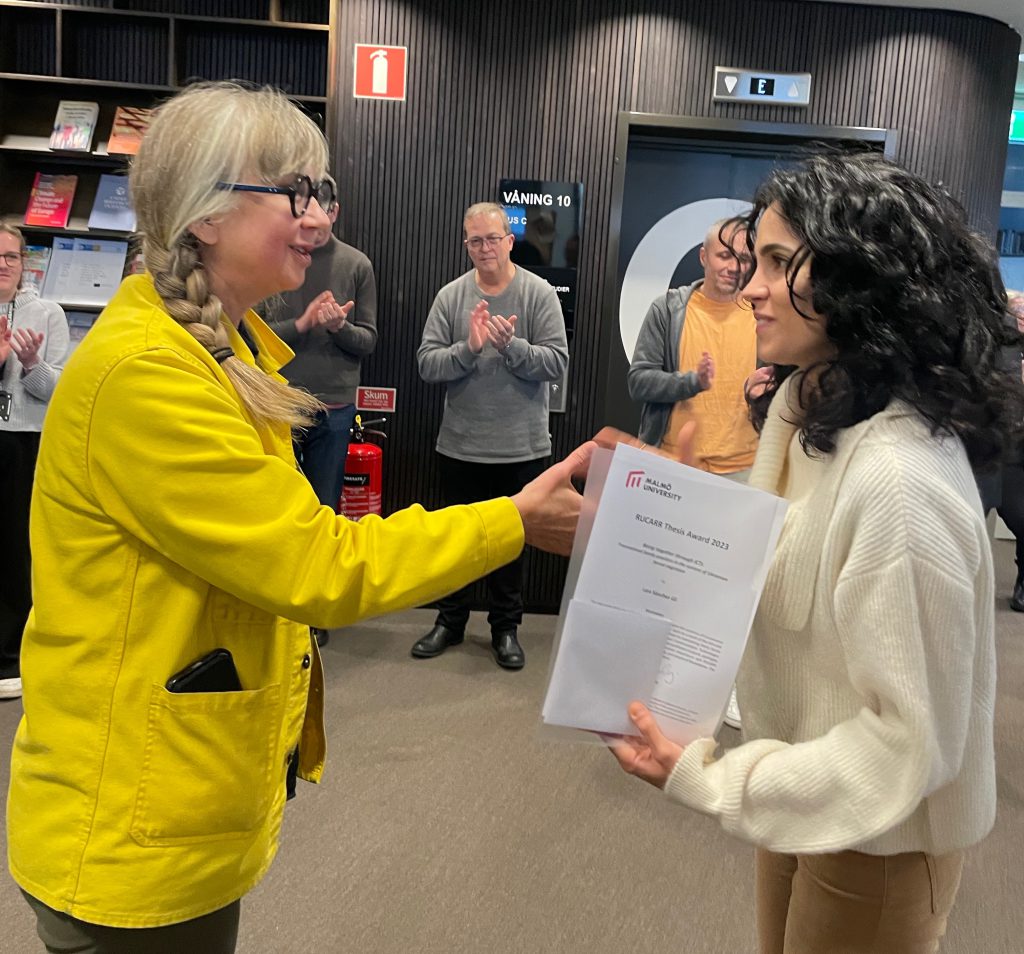
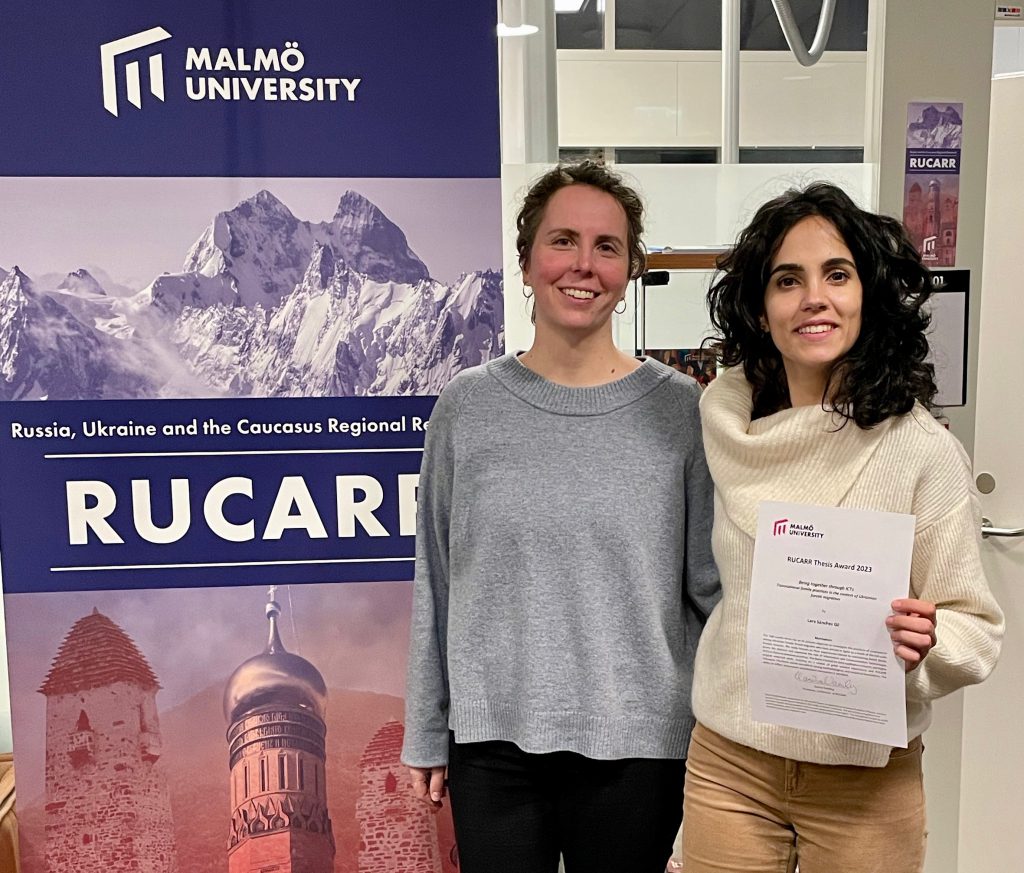
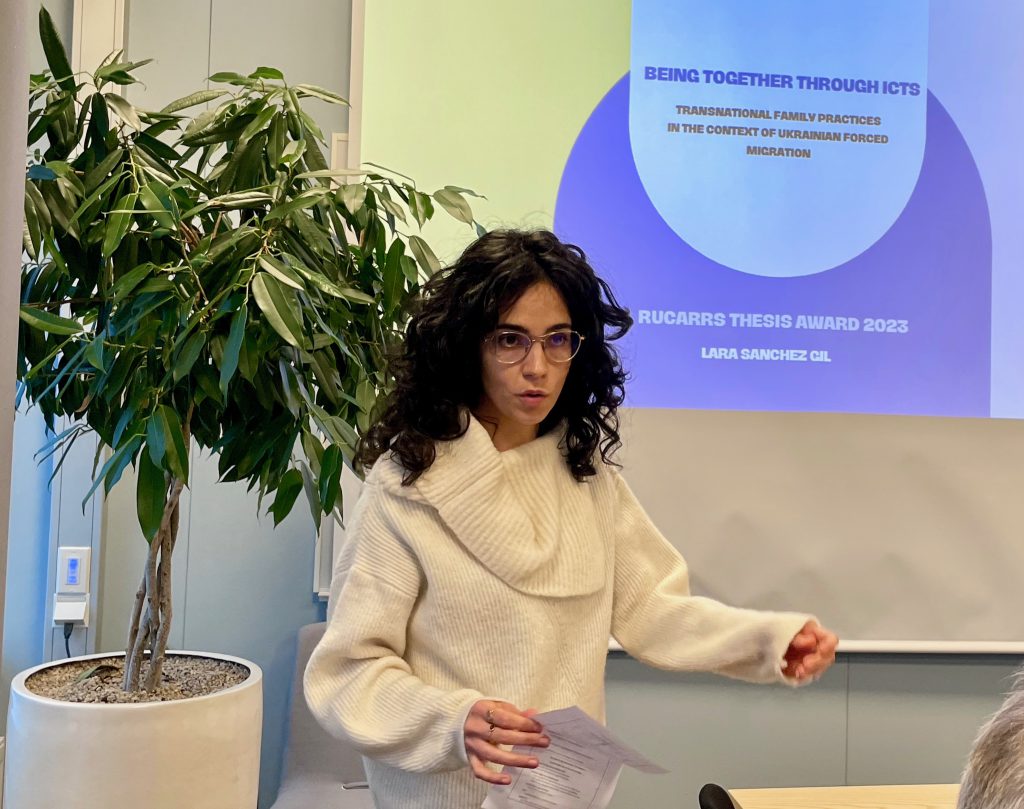
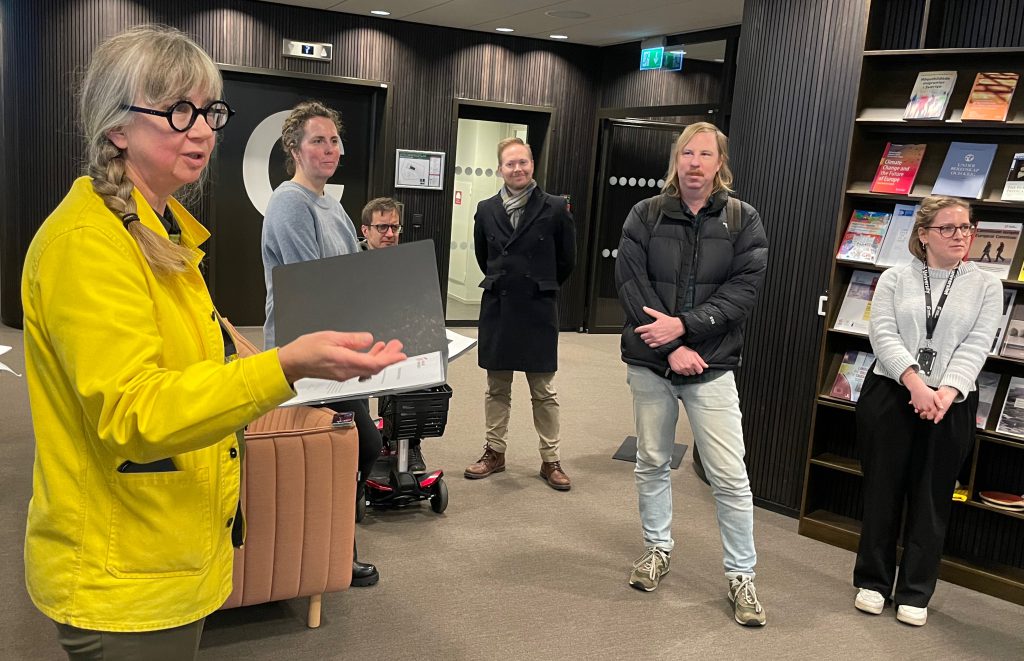
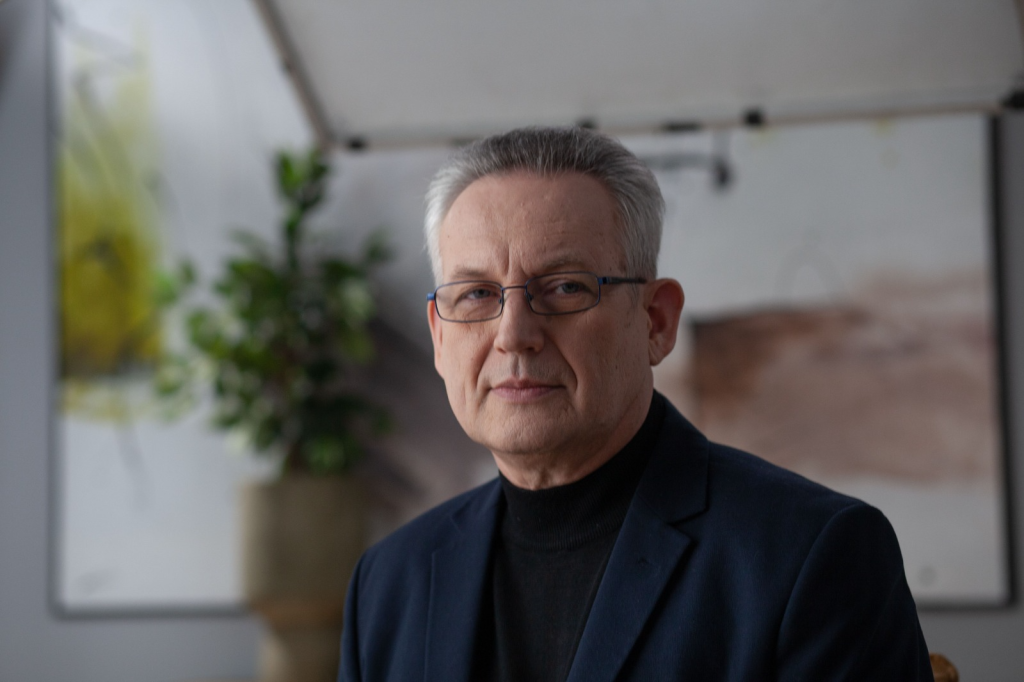 Prof. Oleg Mazuryk will be speaking on the topic of ‘Civic Engagement in the Context of the Russian War in Ukraine: Practice and Research,’ focused of his ongoing research on the phenomenon of self-organization and social cohesion within Ukrainian society. His study is done in cooperation with the Ukrainian Evaluation Association. From the full-scale invasion in Feb 2024, there was an epicenter of social activities and hostilities in the Kyiv region, near the now globally renowned town of Bucha. The intention behind this initiative is to document the first-hand experience of Ukrainian resistance to Russian aggression, aiming at making this valuable information accessible for academic and professional scrutiny. The findings of the research into the self-organization and unification of Ukrainians are derived from a comprehensive analysis of 142 in-depth interviews. It is important to note that this is a work in progress, with further insights and data yet to be gathered and analyzed. This presentation will delve into the role that civic engagement played at the onset of the full-scale invasion and how it can contribute to the further development of a sustainable and democratic society in the post-war period.
Prof. Oleg Mazuryk will be speaking on the topic of ‘Civic Engagement in the Context of the Russian War in Ukraine: Practice and Research,’ focused of his ongoing research on the phenomenon of self-organization and social cohesion within Ukrainian society. His study is done in cooperation with the Ukrainian Evaluation Association. From the full-scale invasion in Feb 2024, there was an epicenter of social activities and hostilities in the Kyiv region, near the now globally renowned town of Bucha. The intention behind this initiative is to document the first-hand experience of Ukrainian resistance to Russian aggression, aiming at making this valuable information accessible for academic and professional scrutiny. The findings of the research into the self-organization and unification of Ukrainians are derived from a comprehensive analysis of 142 in-depth interviews. It is important to note that this is a work in progress, with further insights and data yet to be gathered and analyzed. This presentation will delve into the role that civic engagement played at the onset of the full-scale invasion and how it can contribute to the further development of a sustainable and democratic society in the post-war period.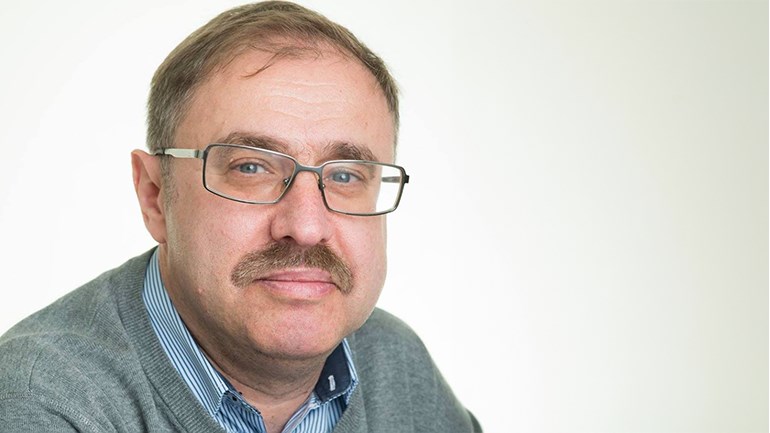 You are welcome to attend a lecture by Vladimir Gelman, professor at Aleksanteriinstitutet, University of Helsiniki, and new member of RUCARR’s Advisory Board. He will talk about ‘Why Russia Fails: Origins of the Ukrainian Catastrophe’, which also is the subjet of his coming book. The event is a collaboration with Global Europe & International Cooperation (GEIC).
You are welcome to attend a lecture by Vladimir Gelman, professor at Aleksanteriinstitutet, University of Helsiniki, and new member of RUCARR’s Advisory Board. He will talk about ‘Why Russia Fails: Origins of the Ukrainian Catastrophe’, which also is the subjet of his coming book. The event is a collaboration with Global Europe & International Cooperation (GEIC).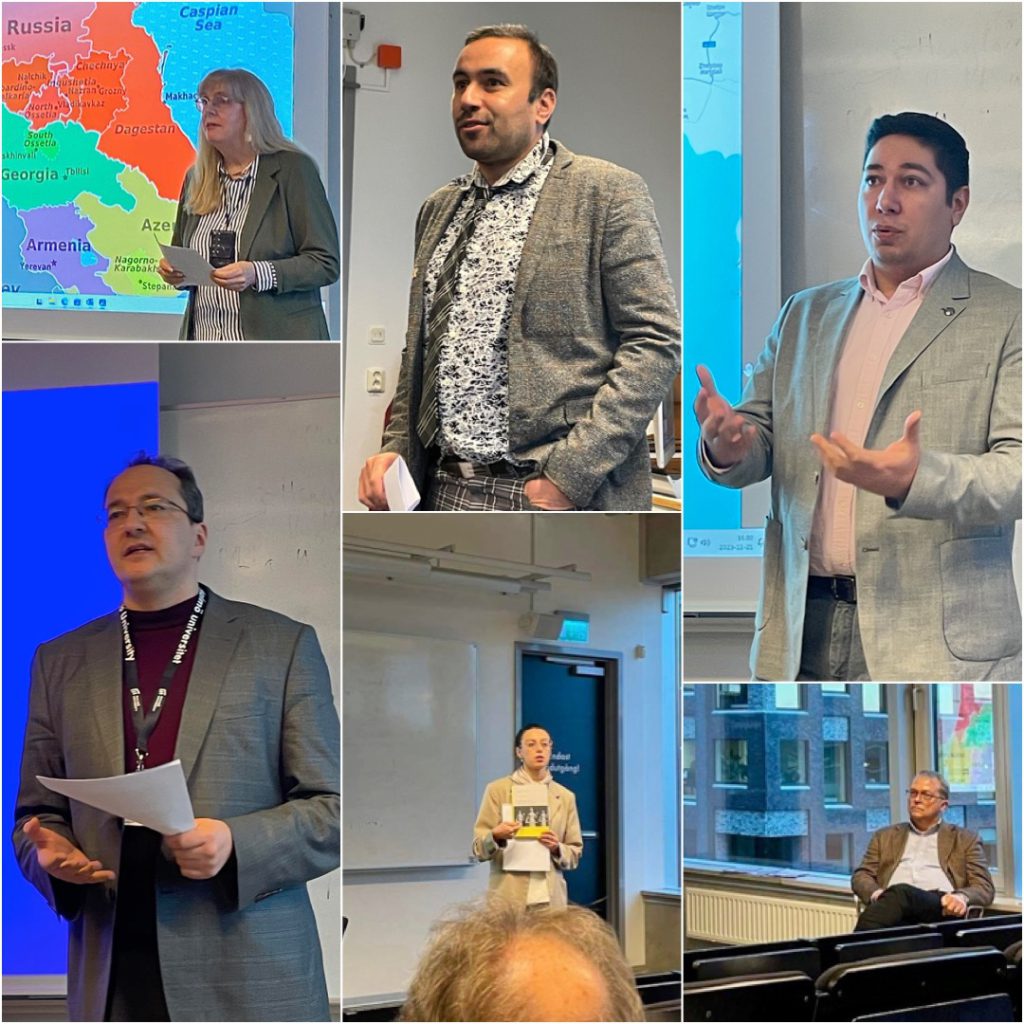
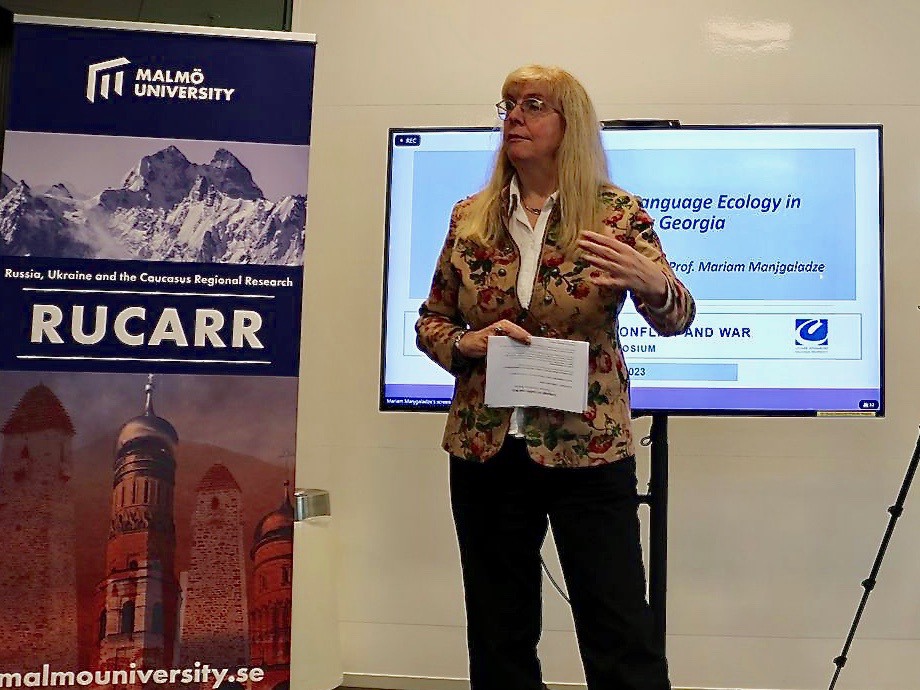
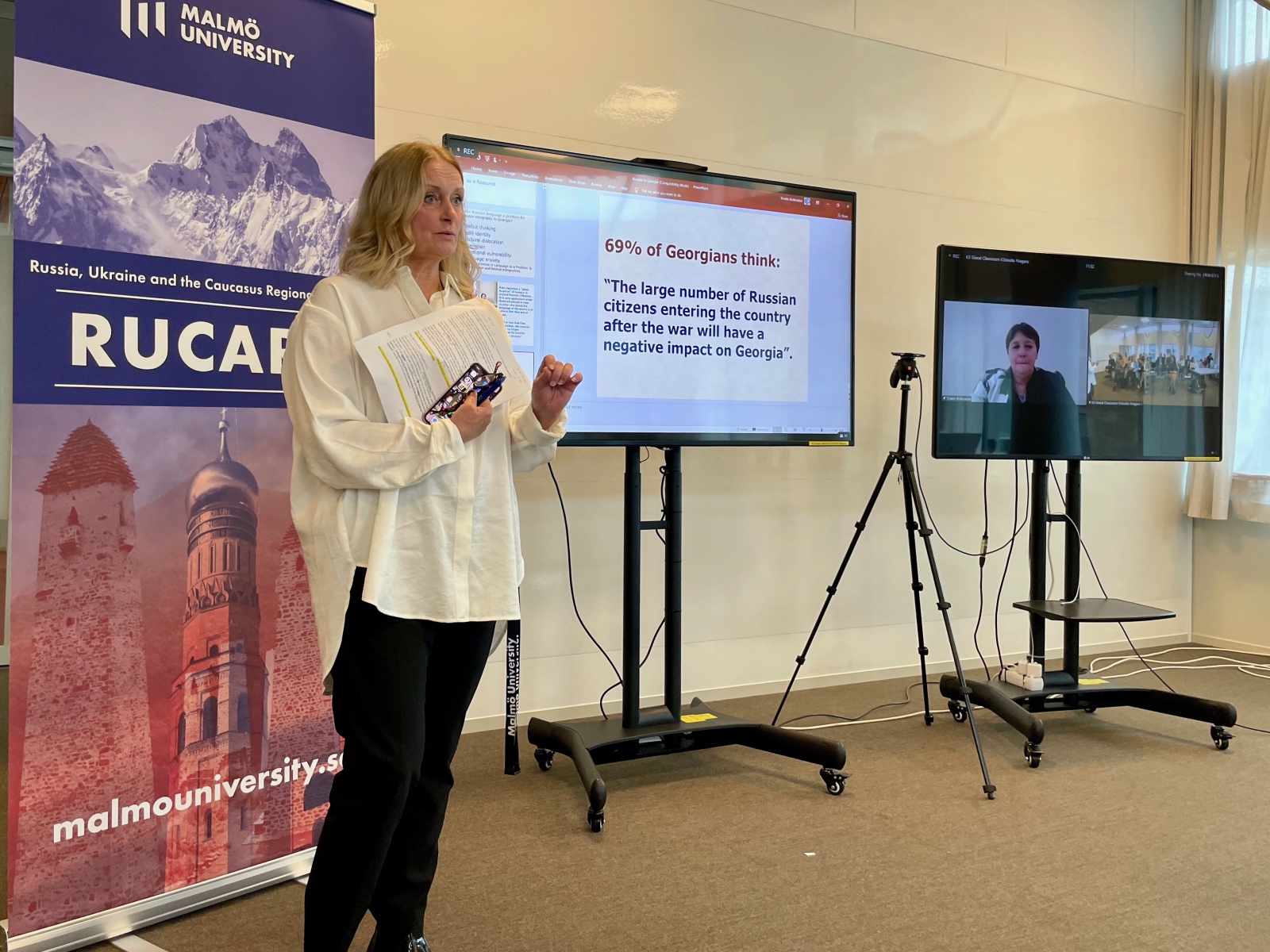

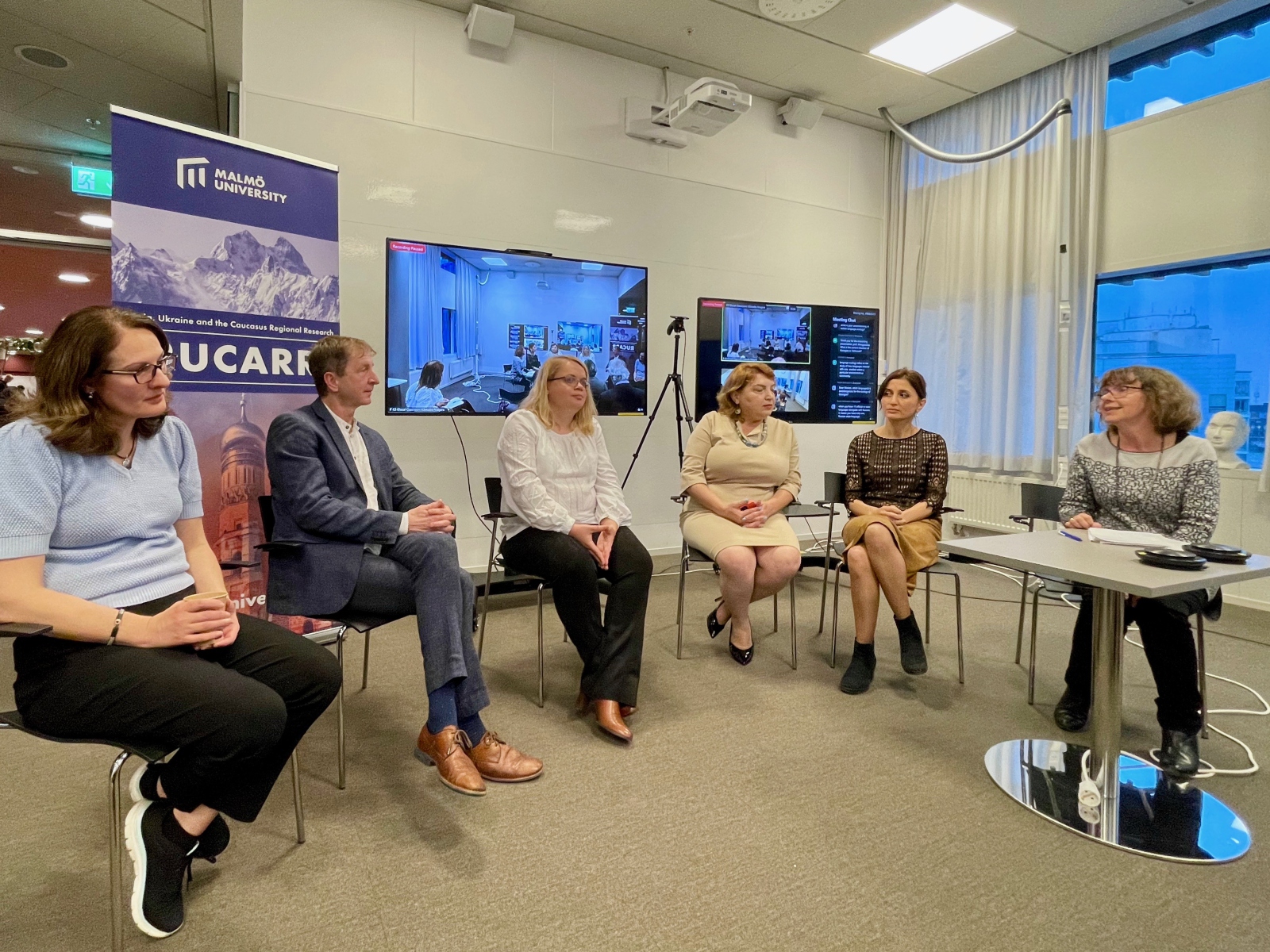
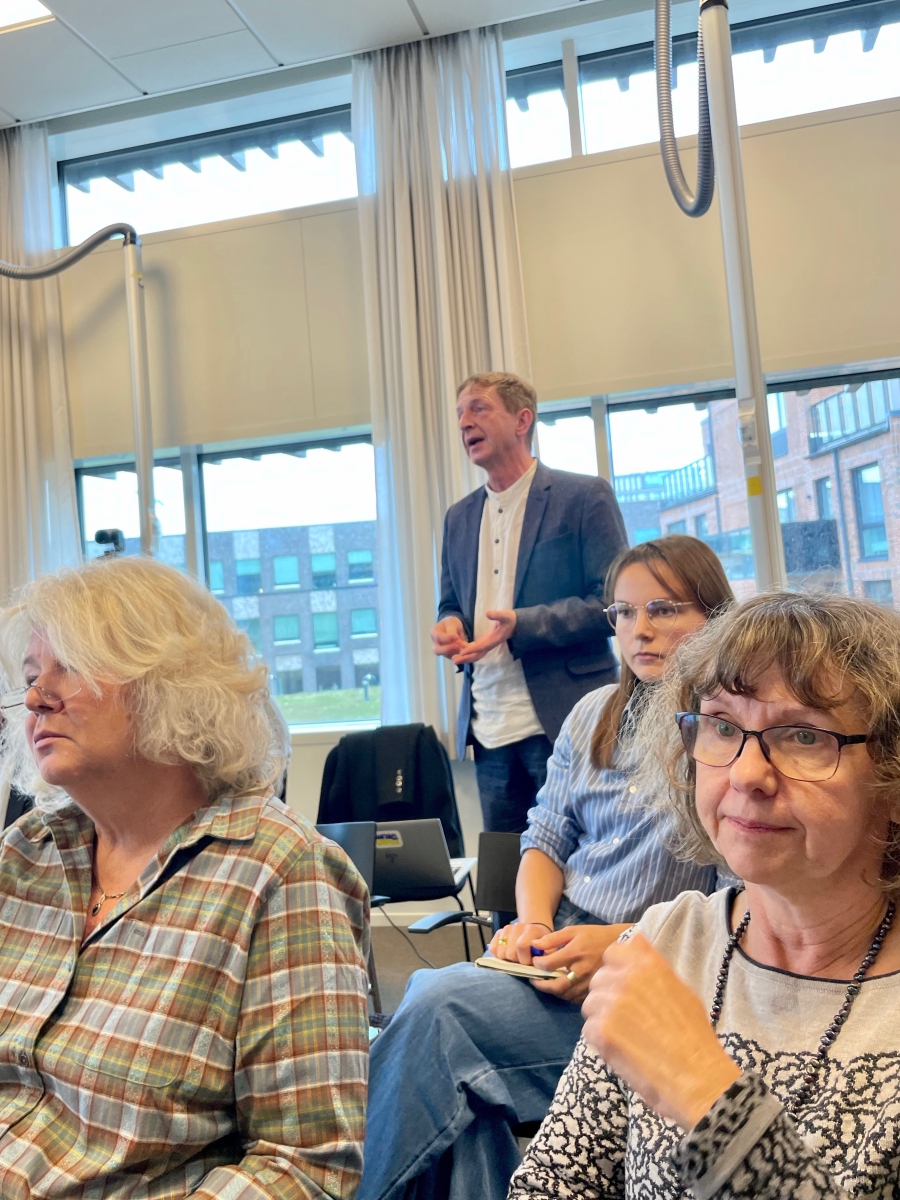
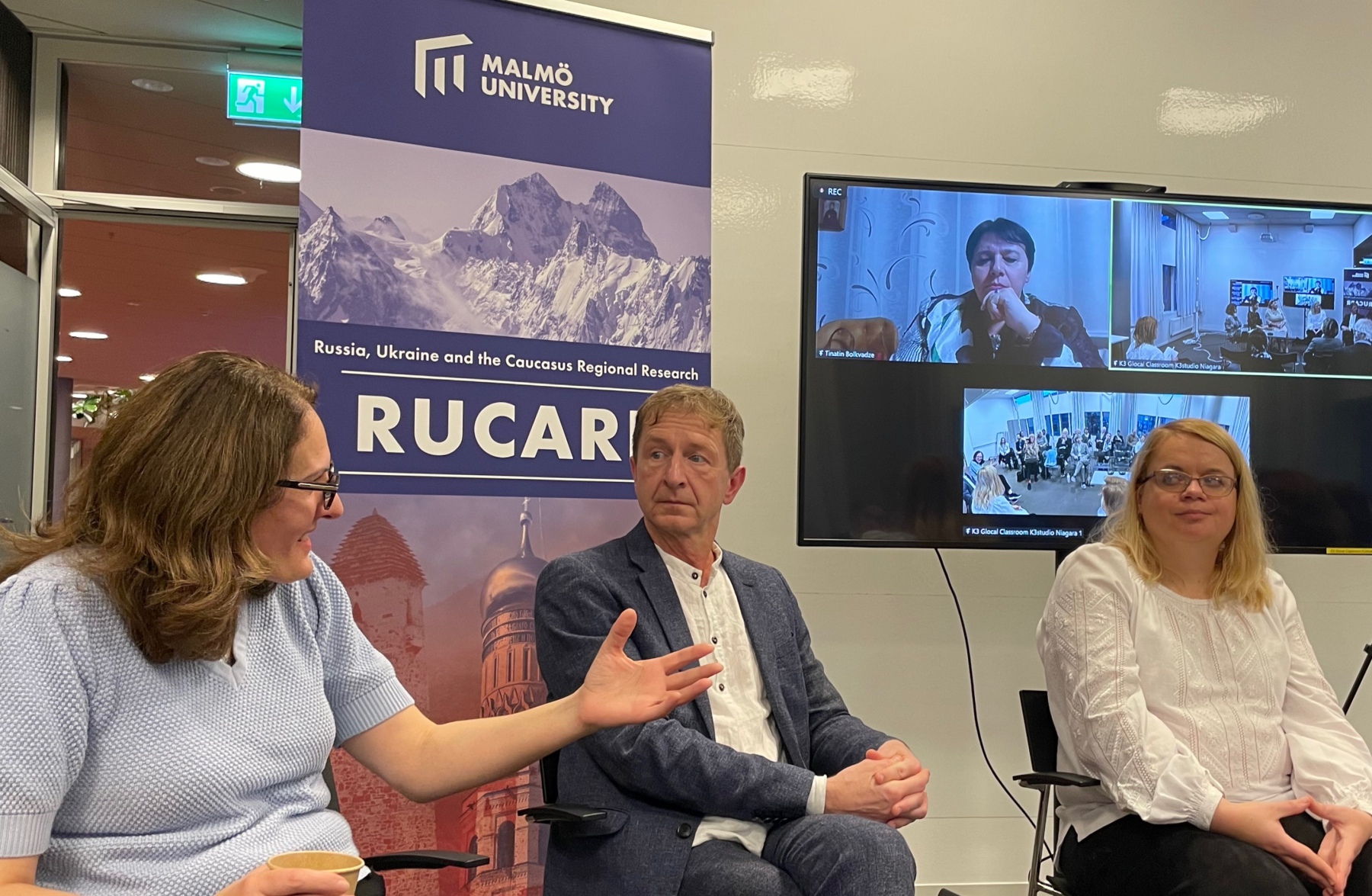

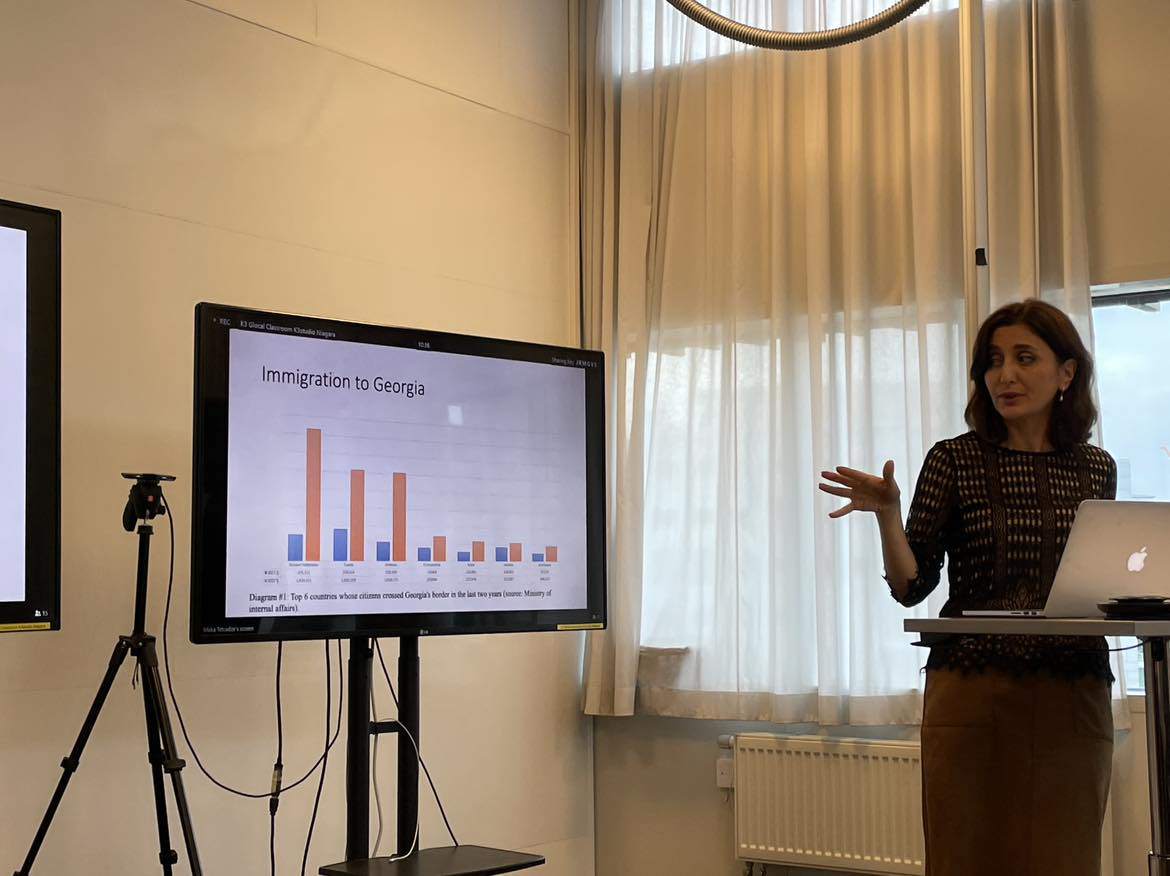
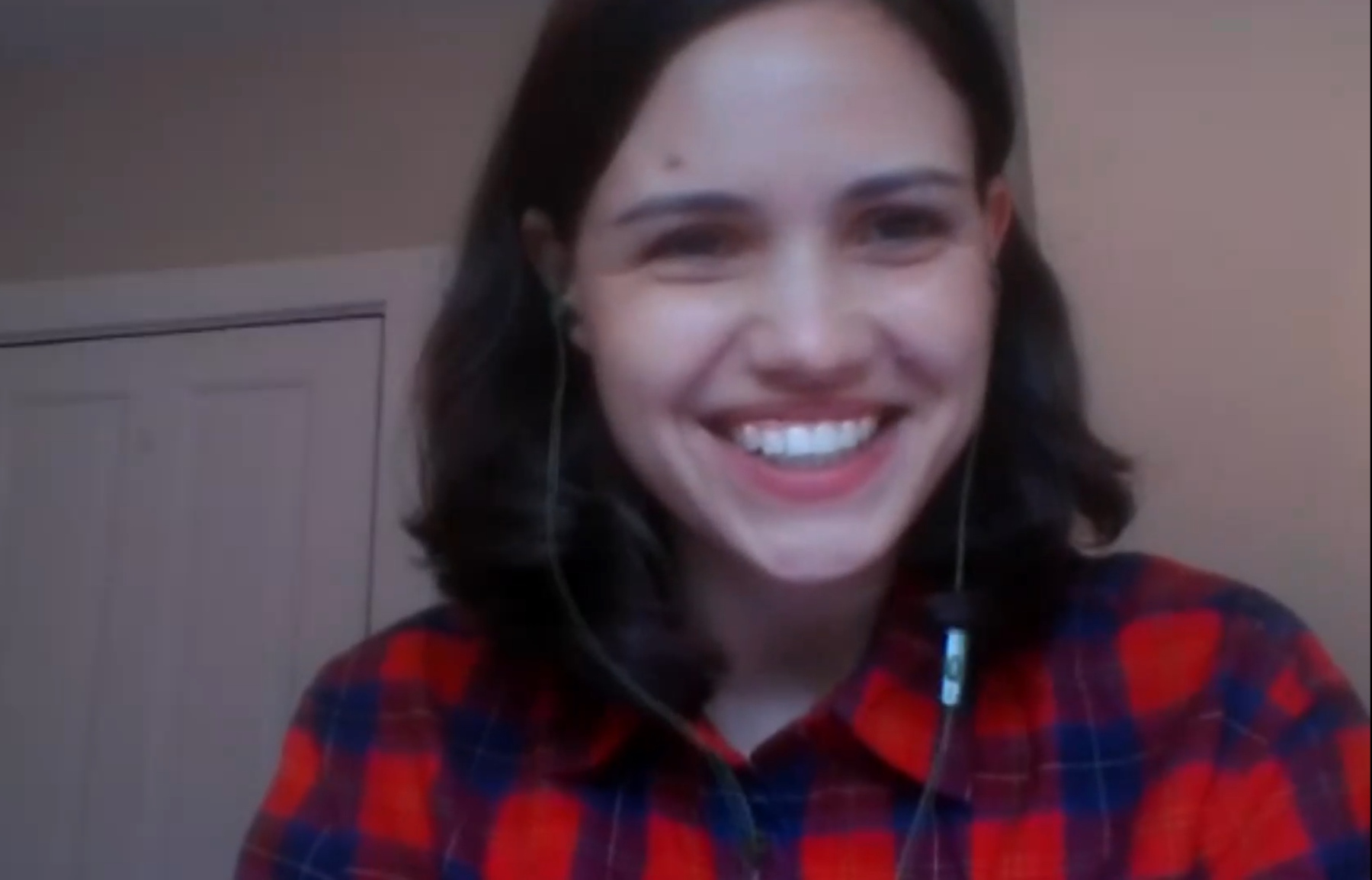
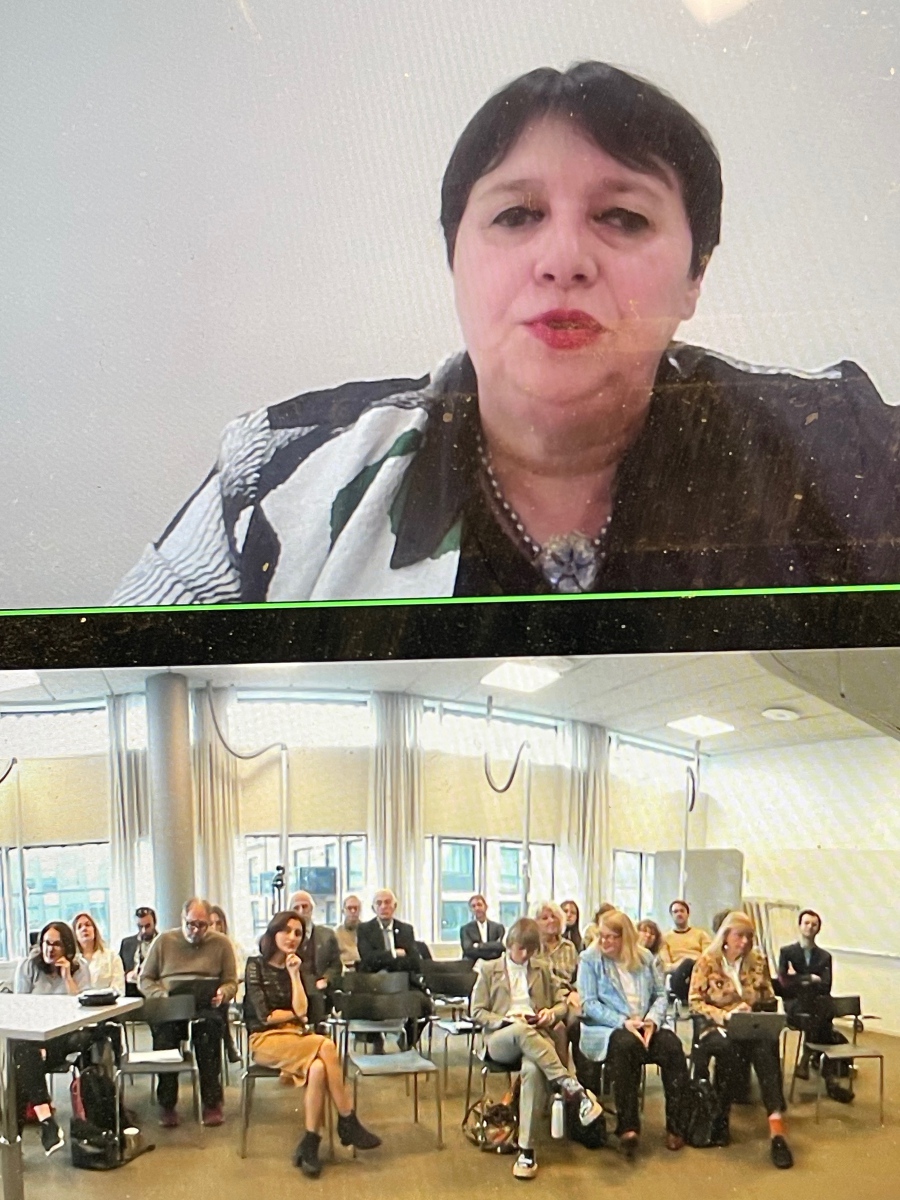
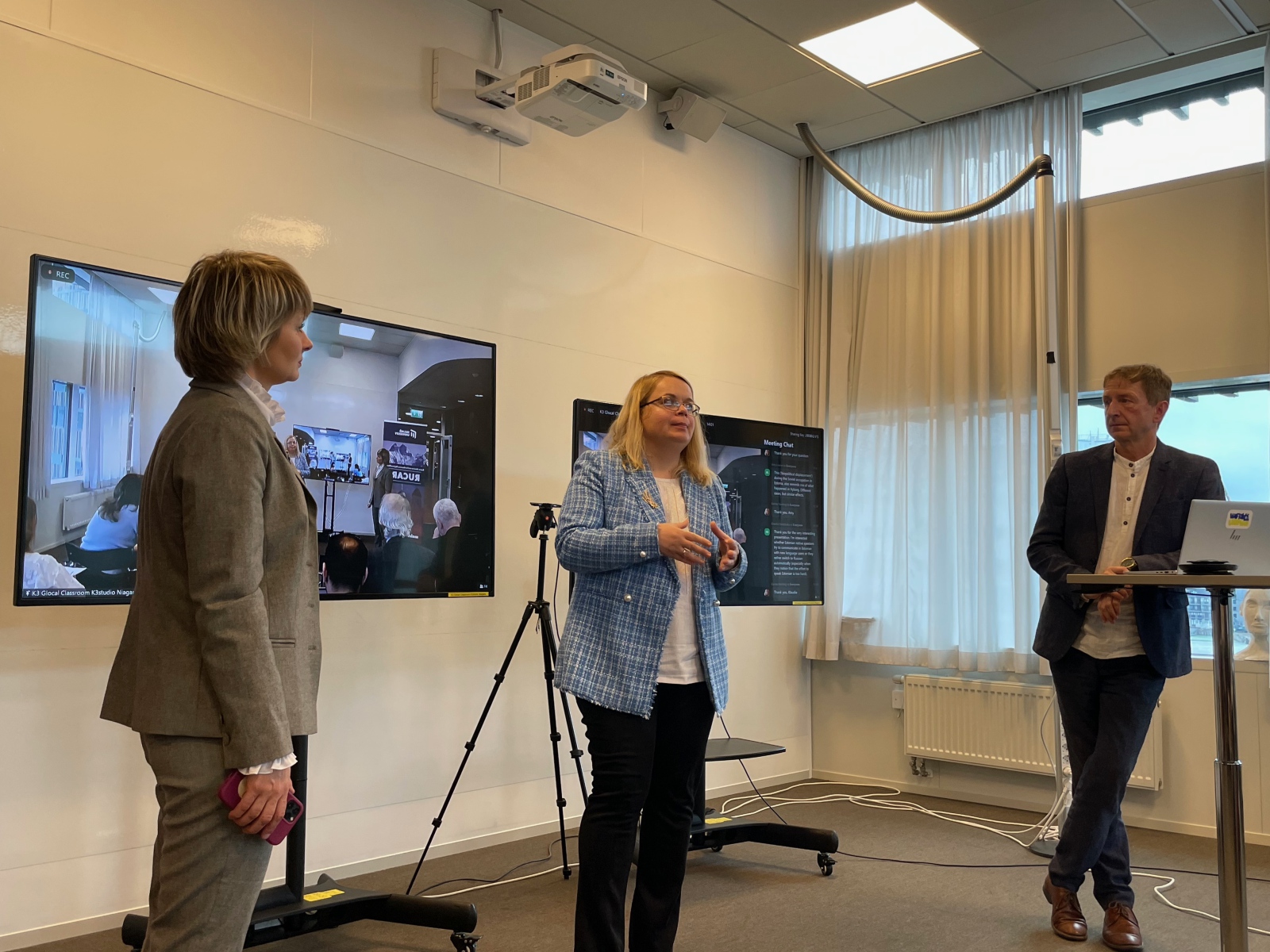
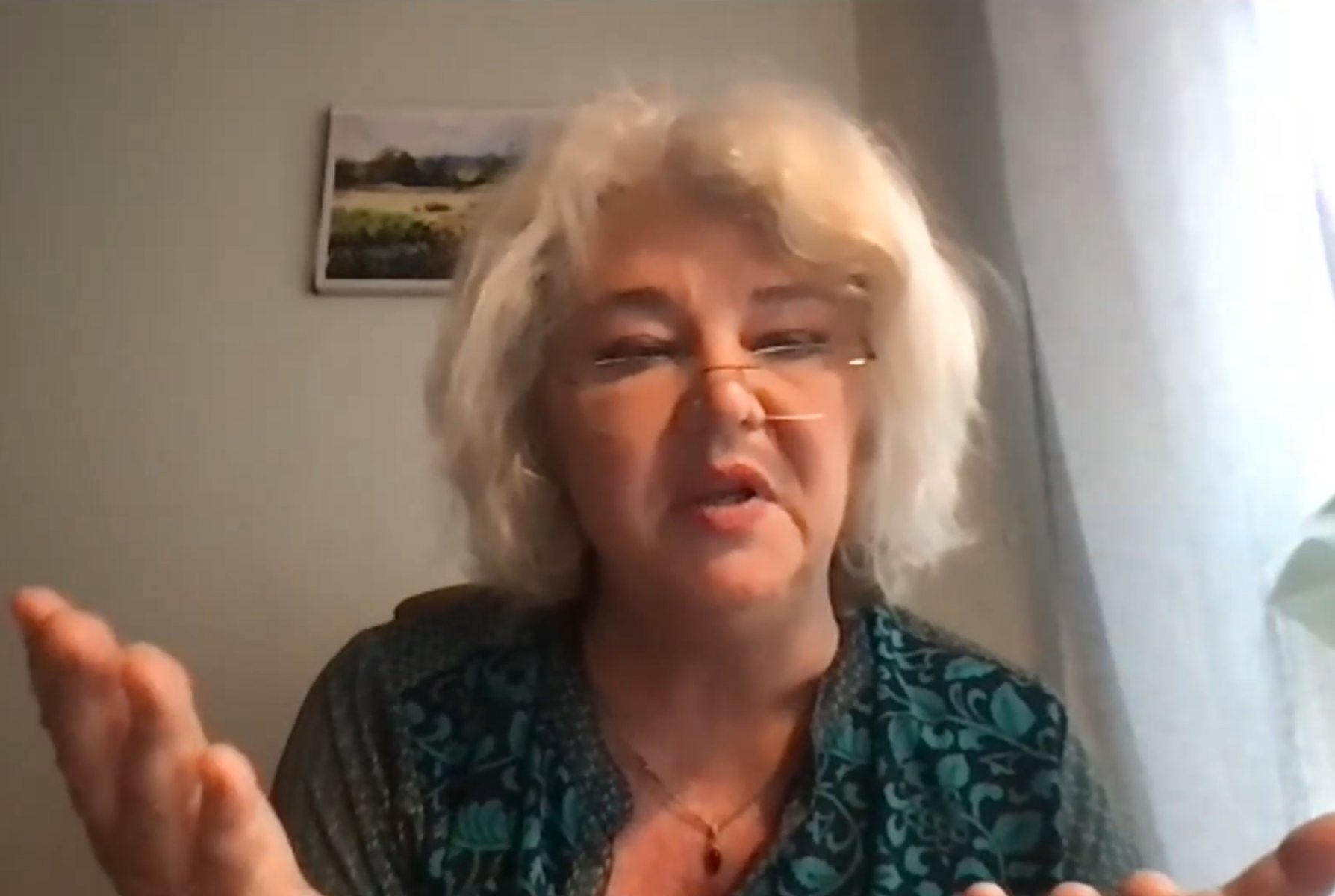
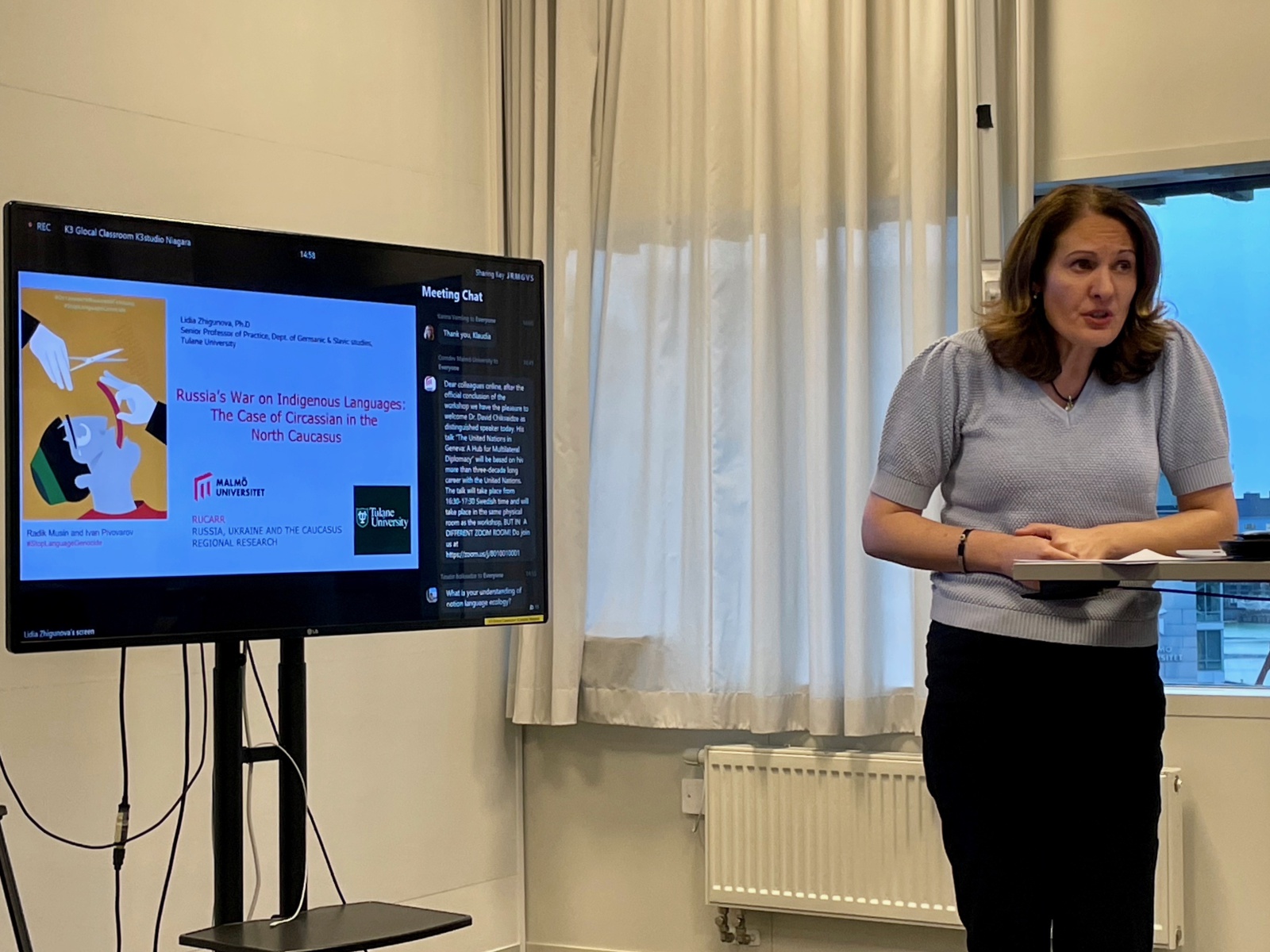

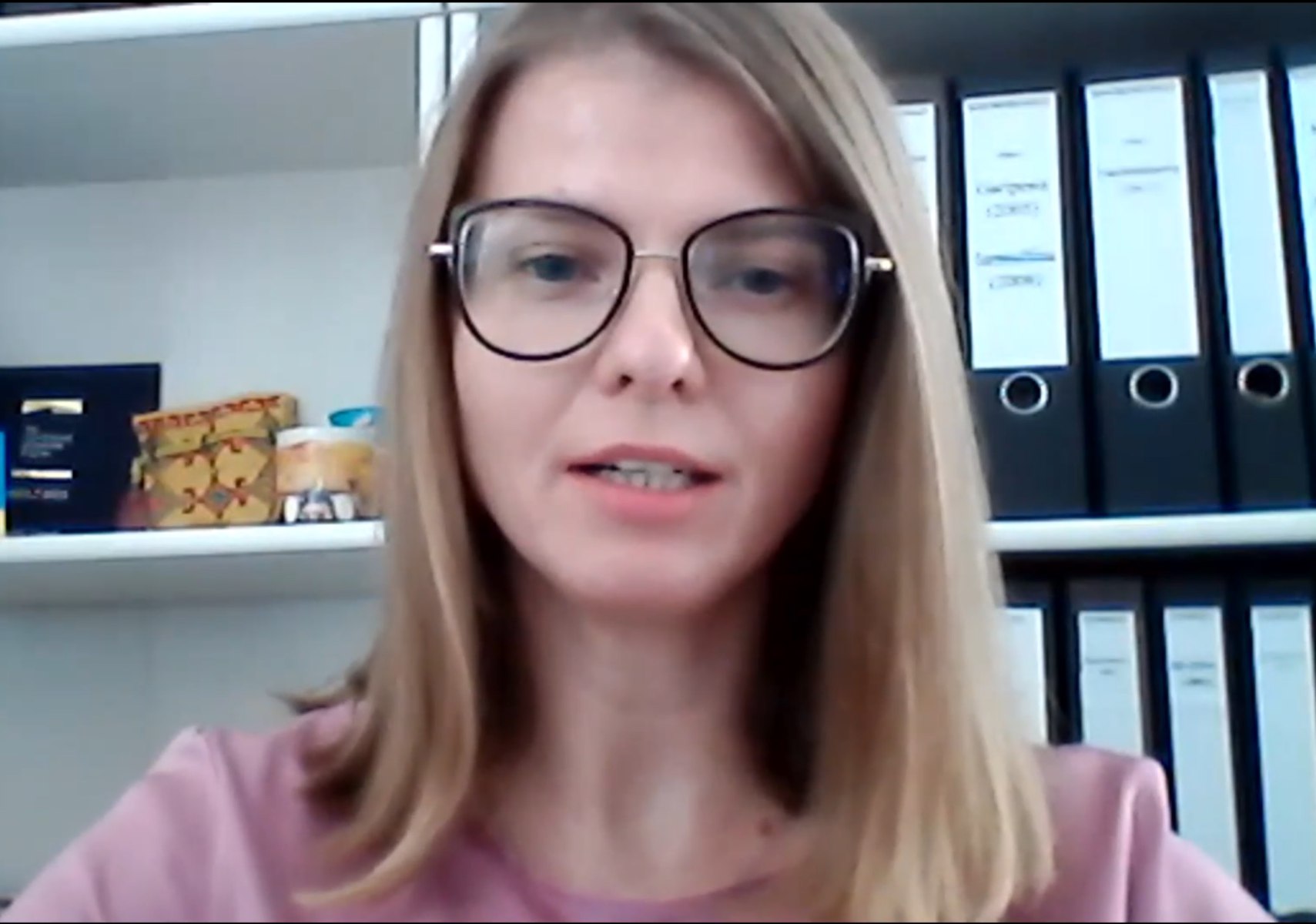

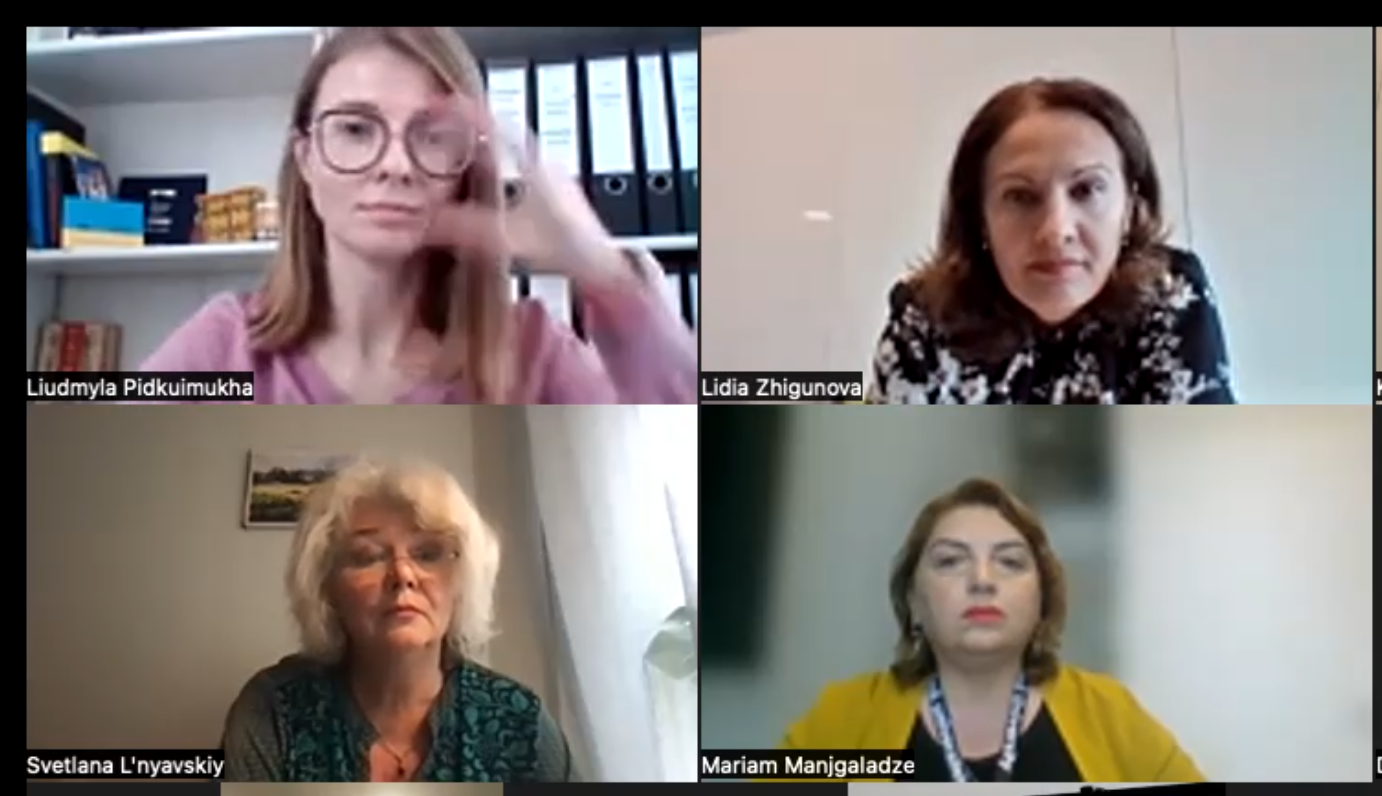
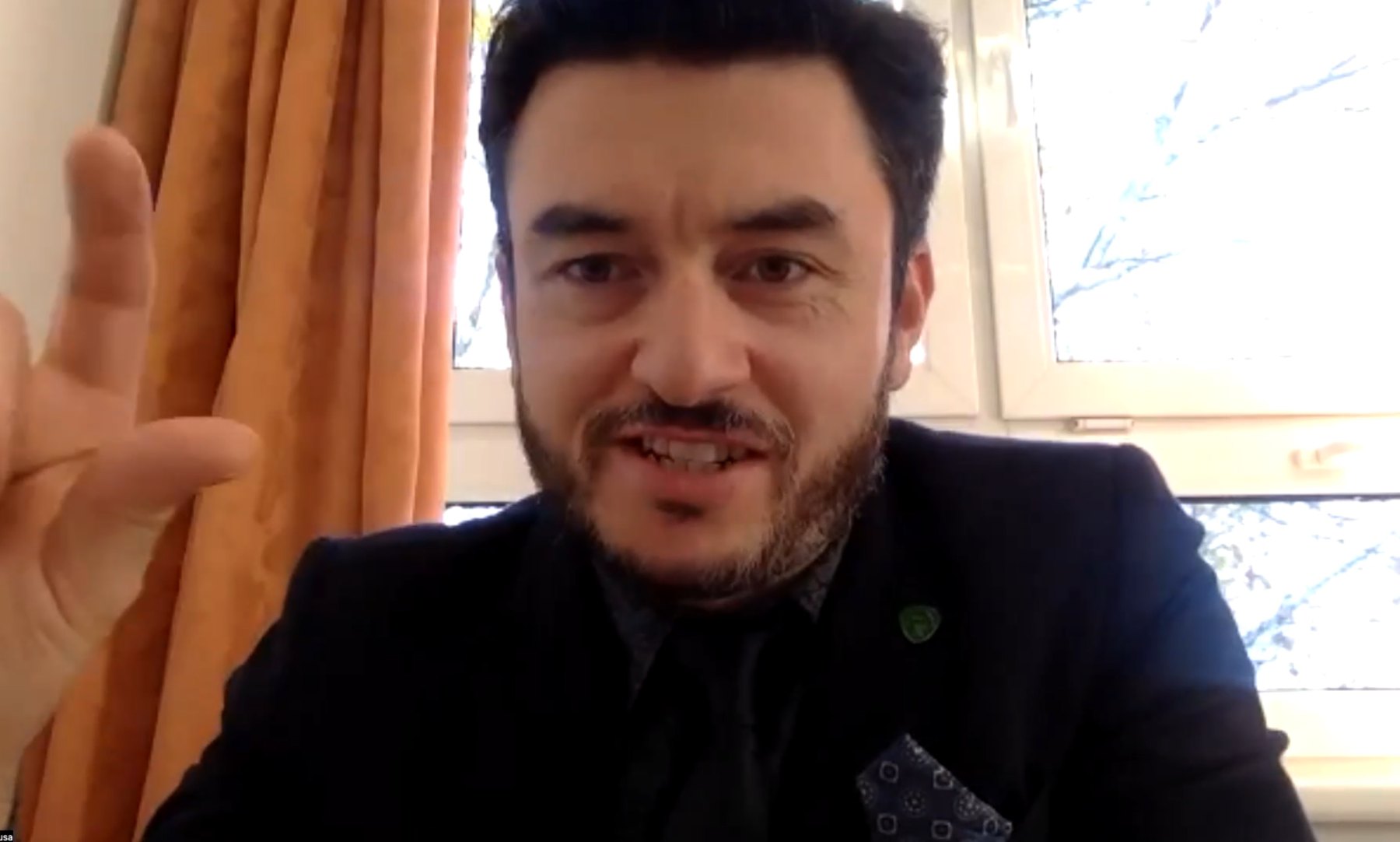
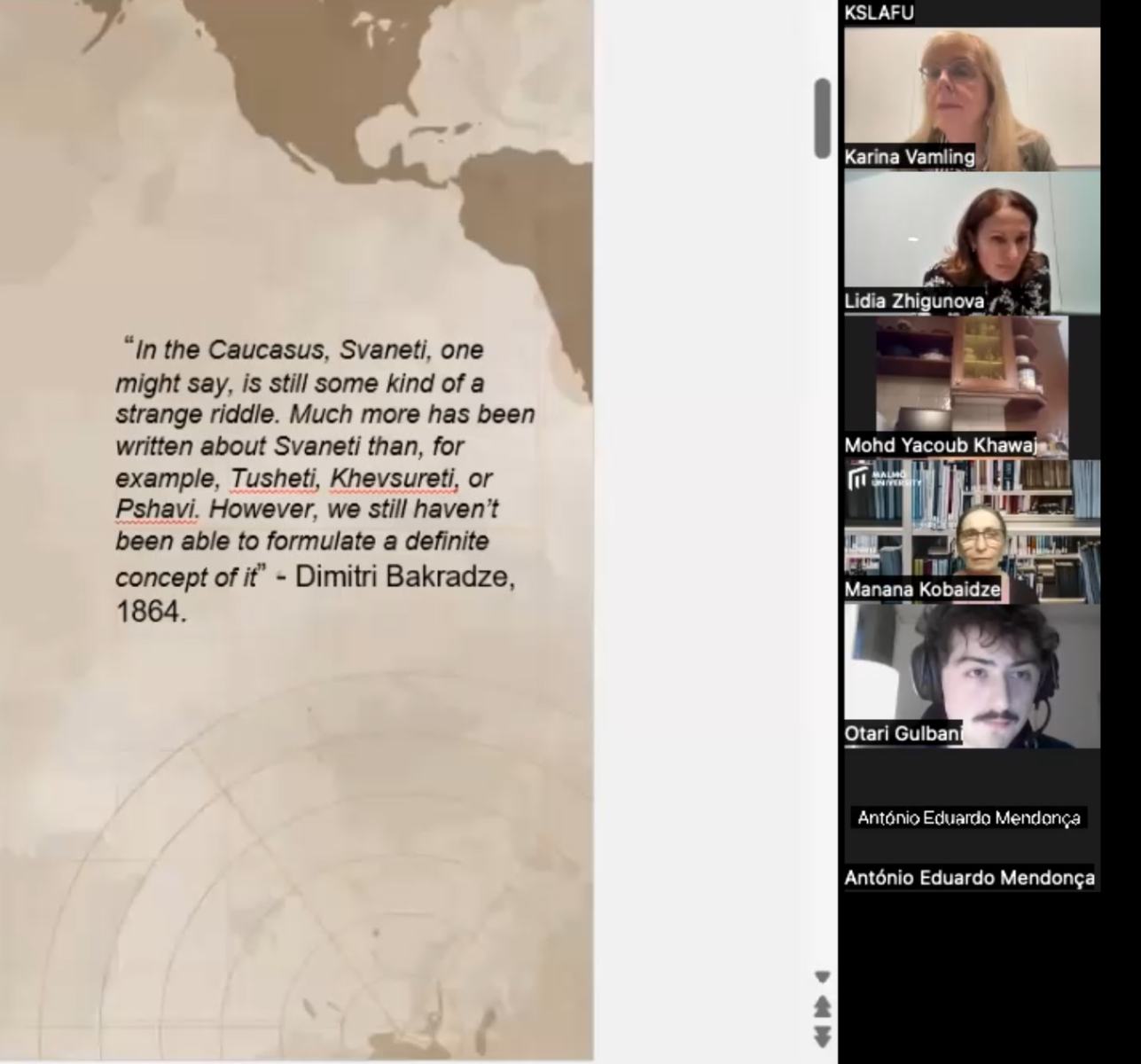
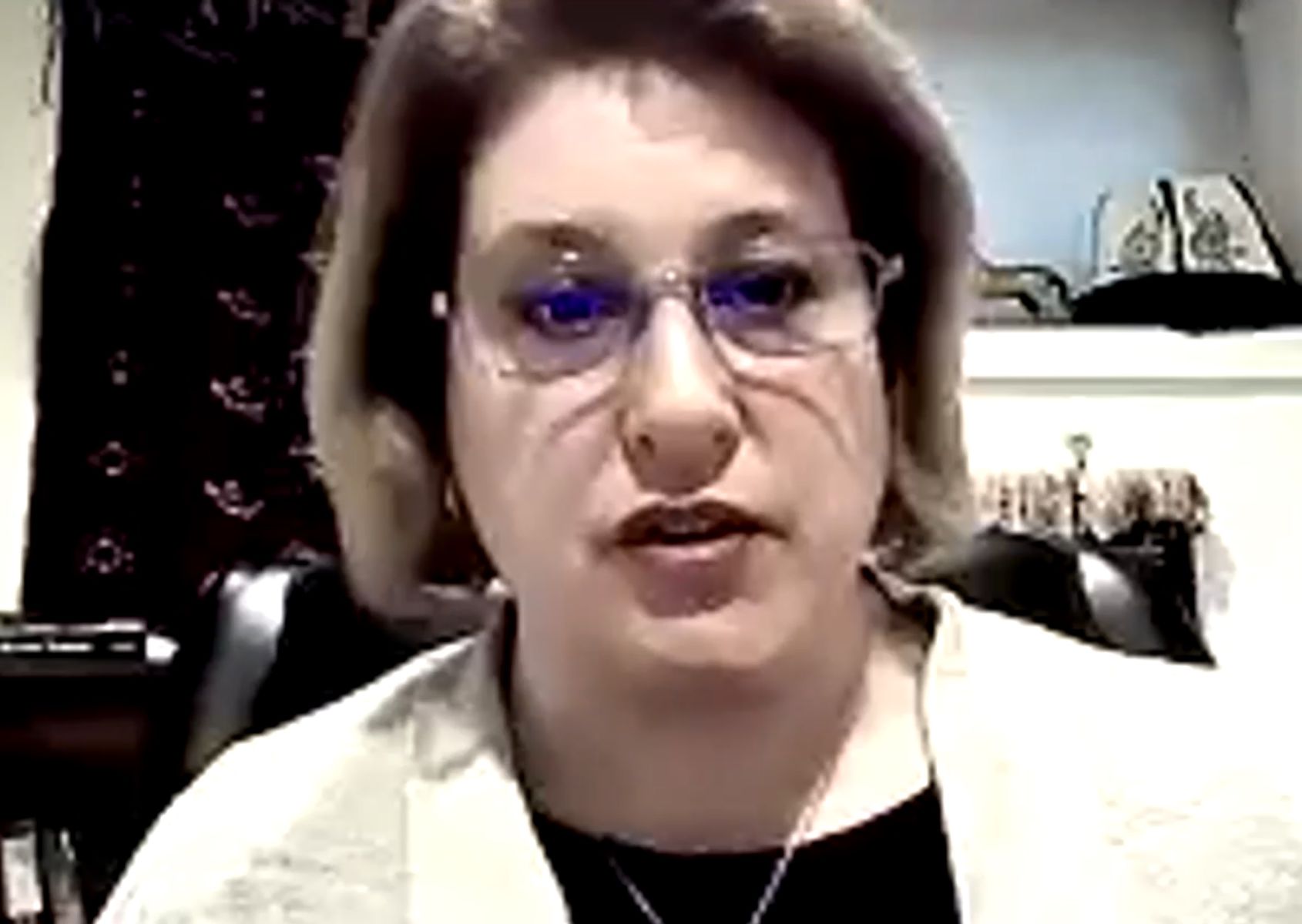
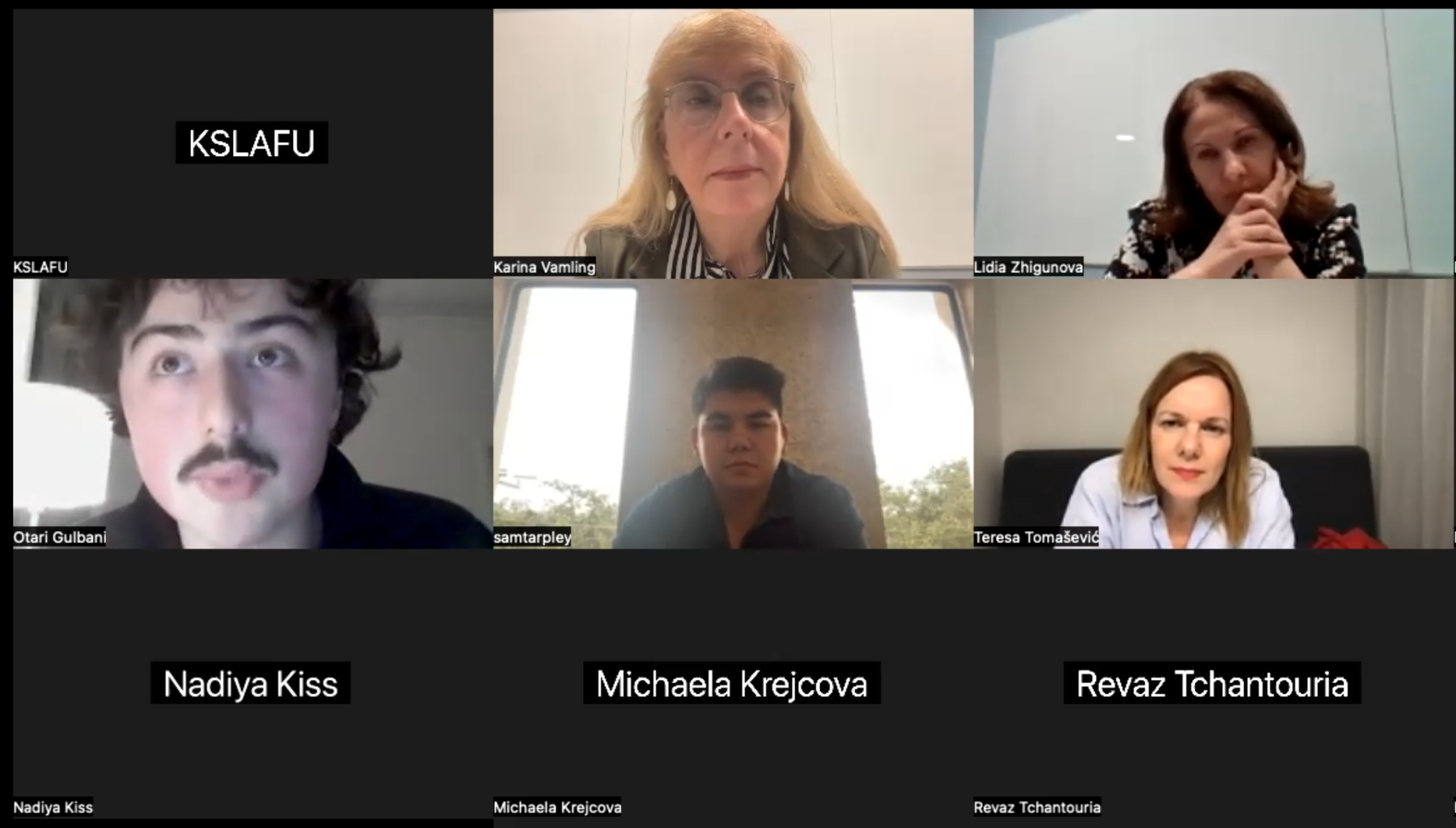
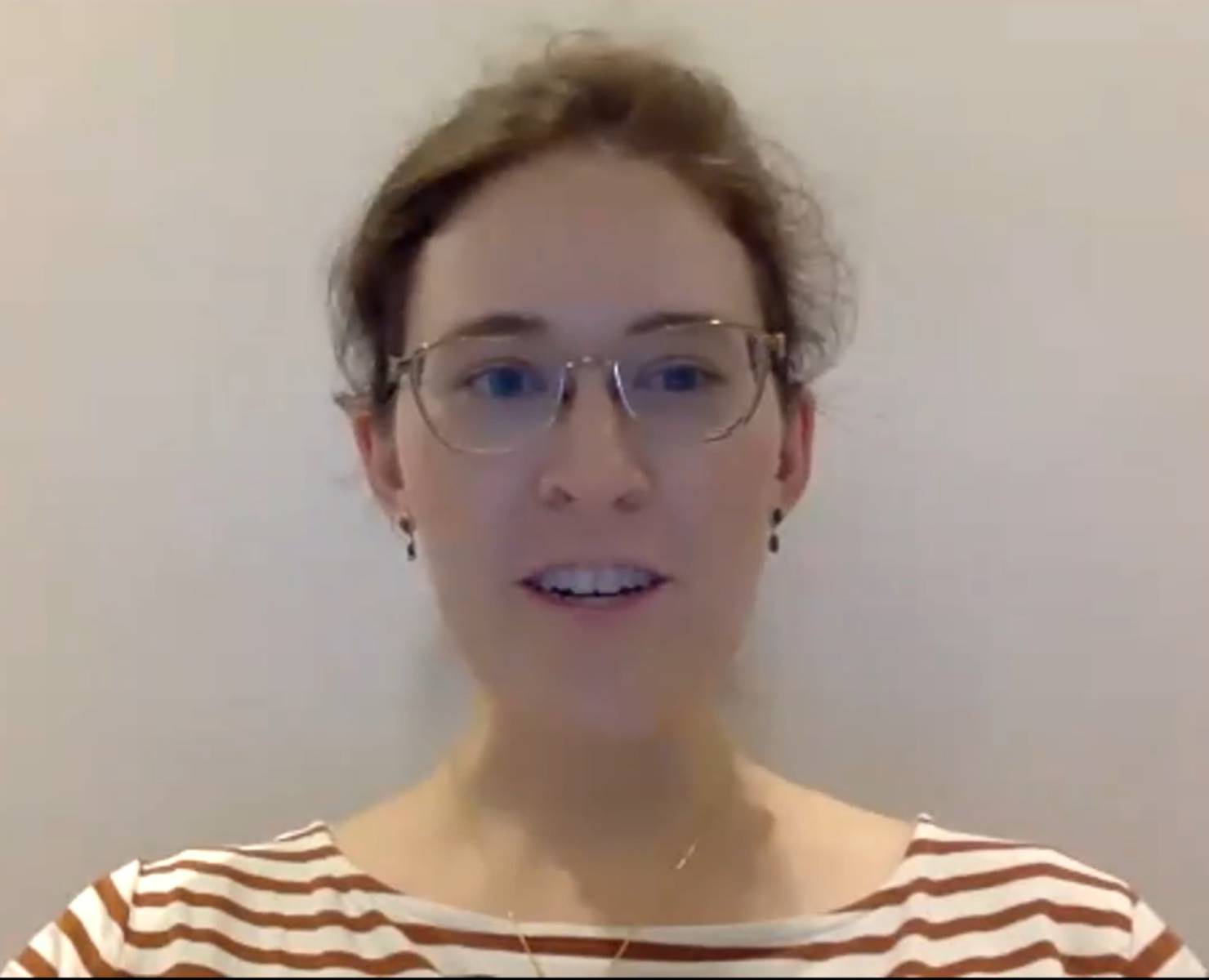
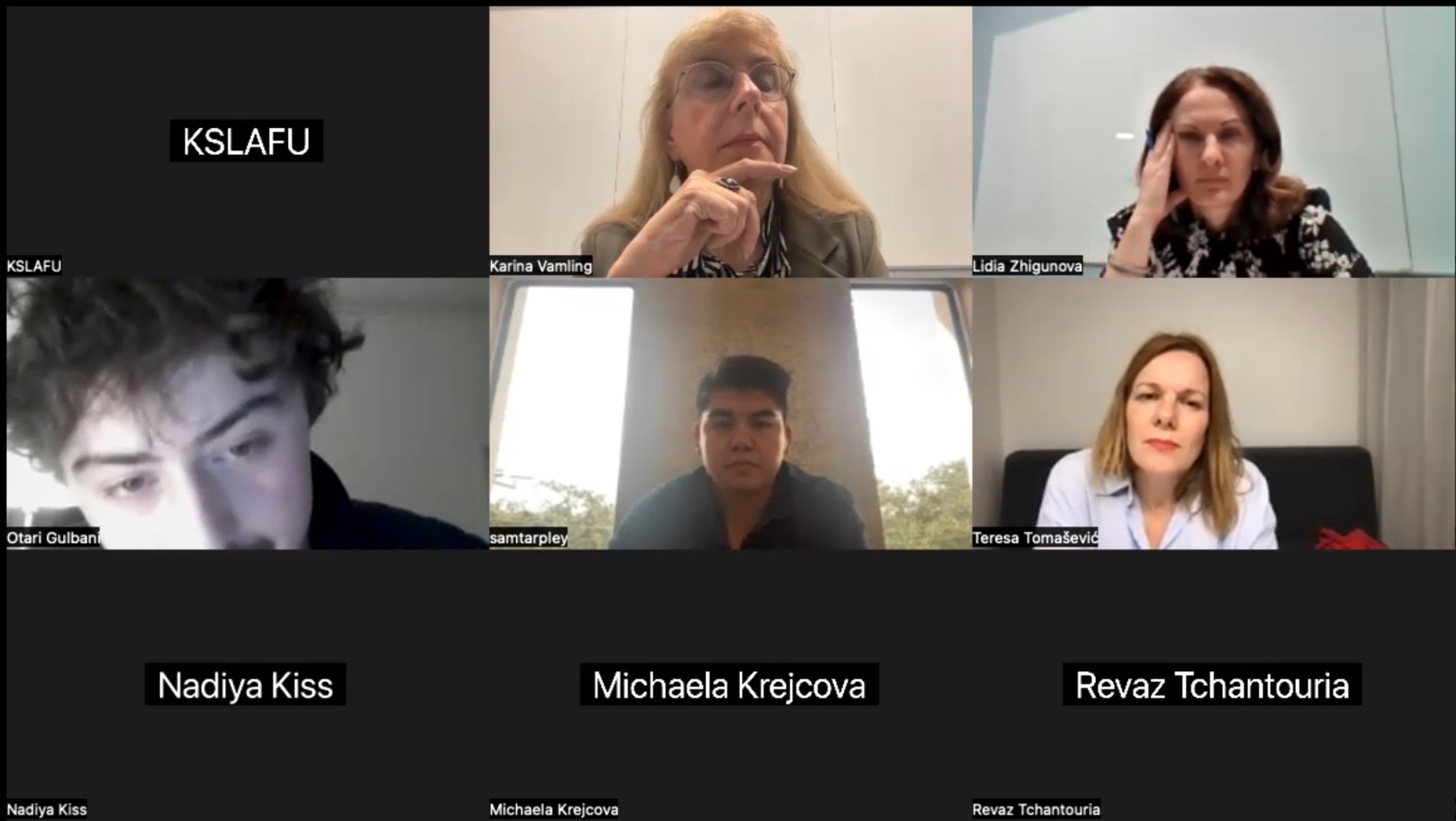

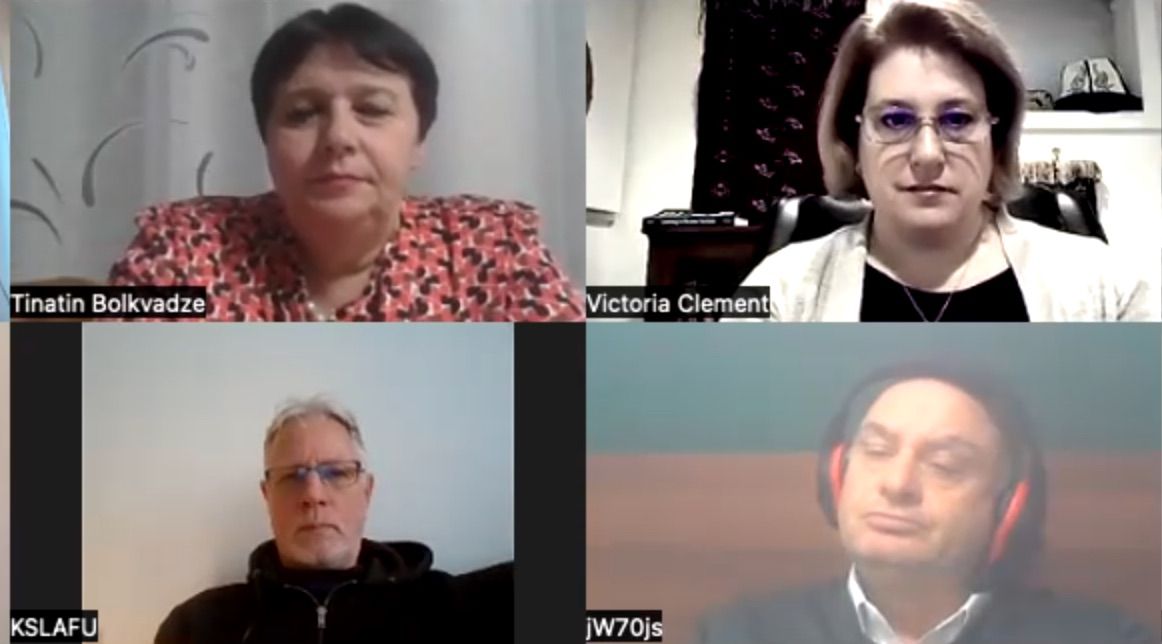
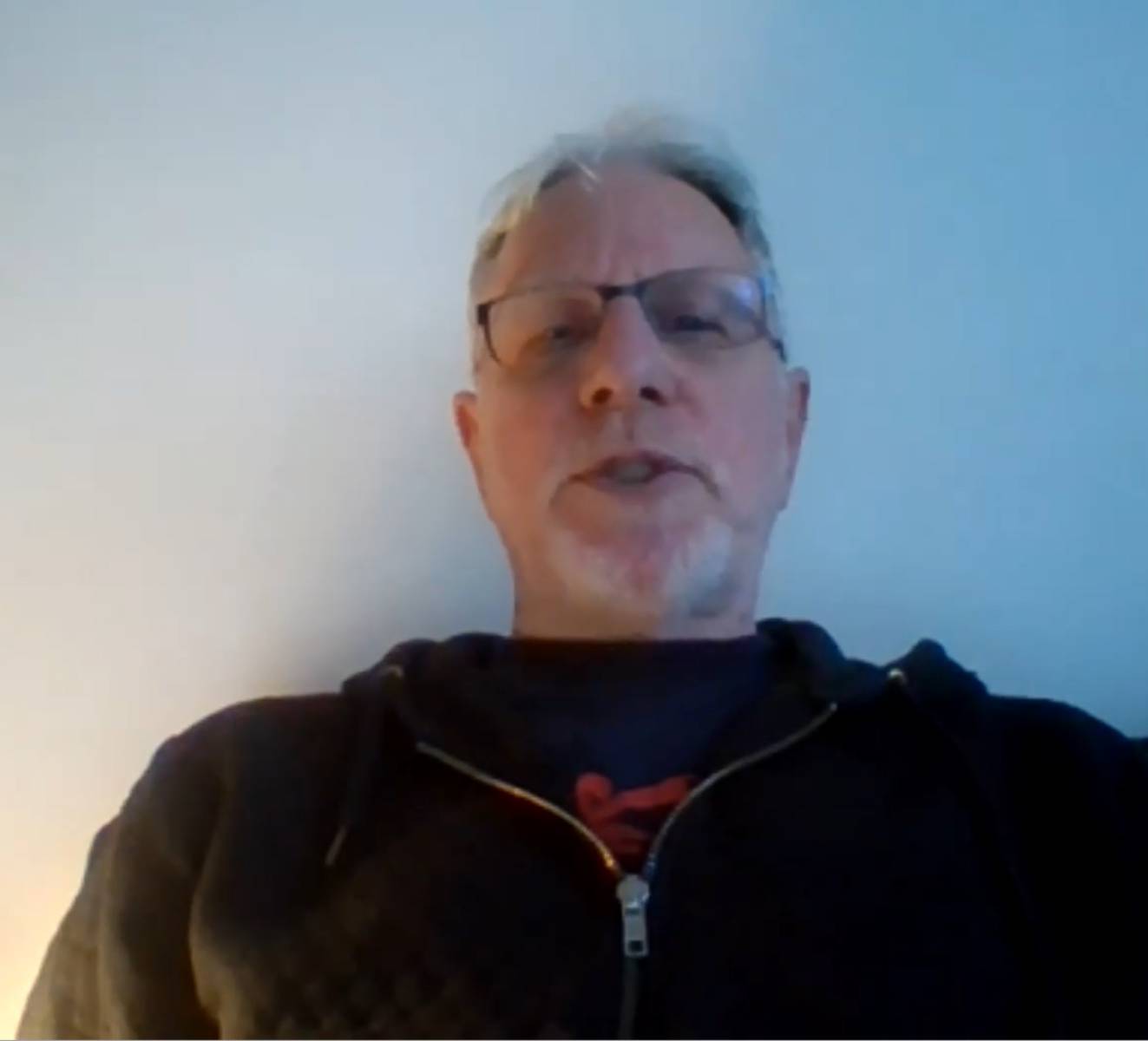
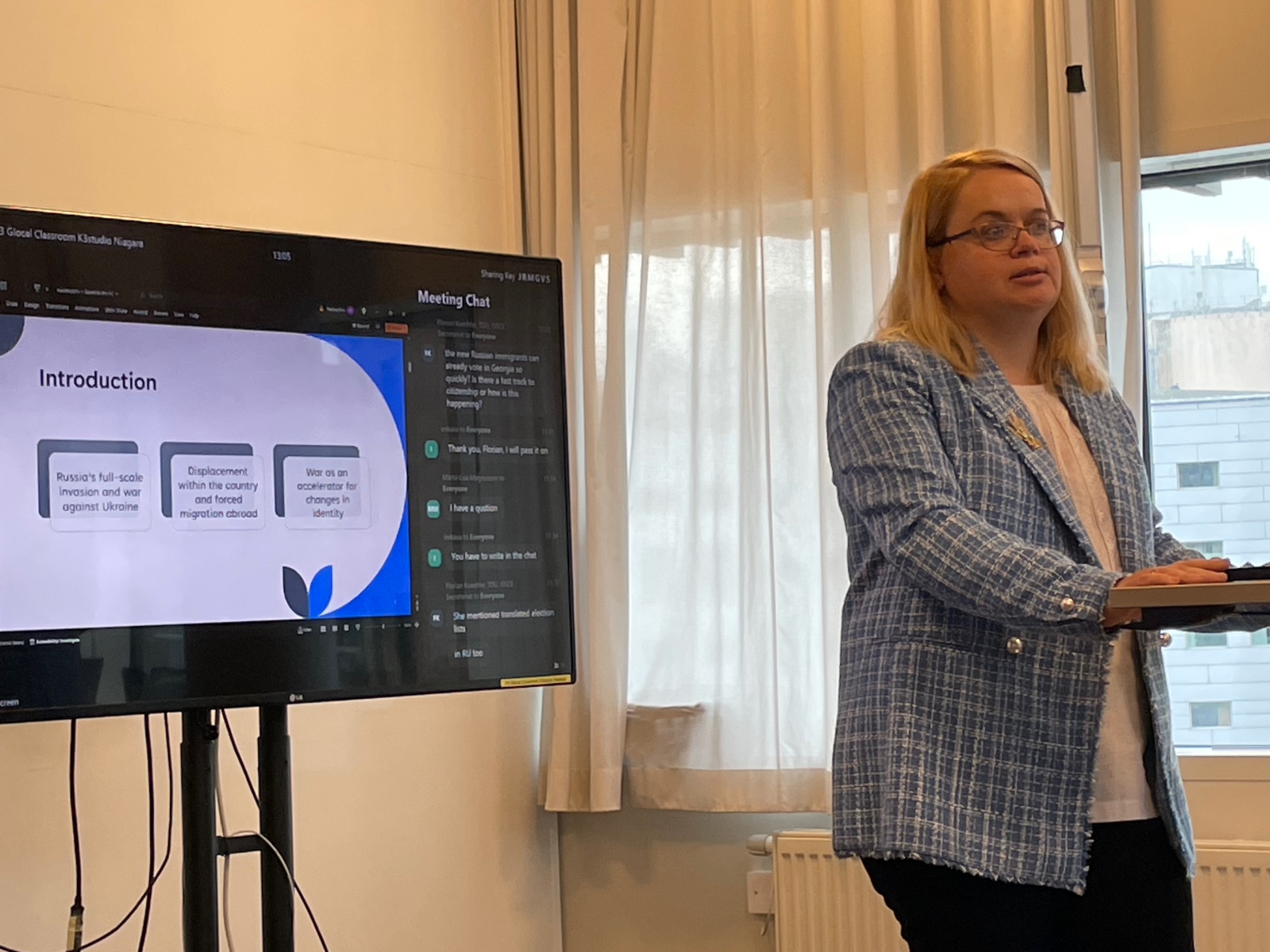
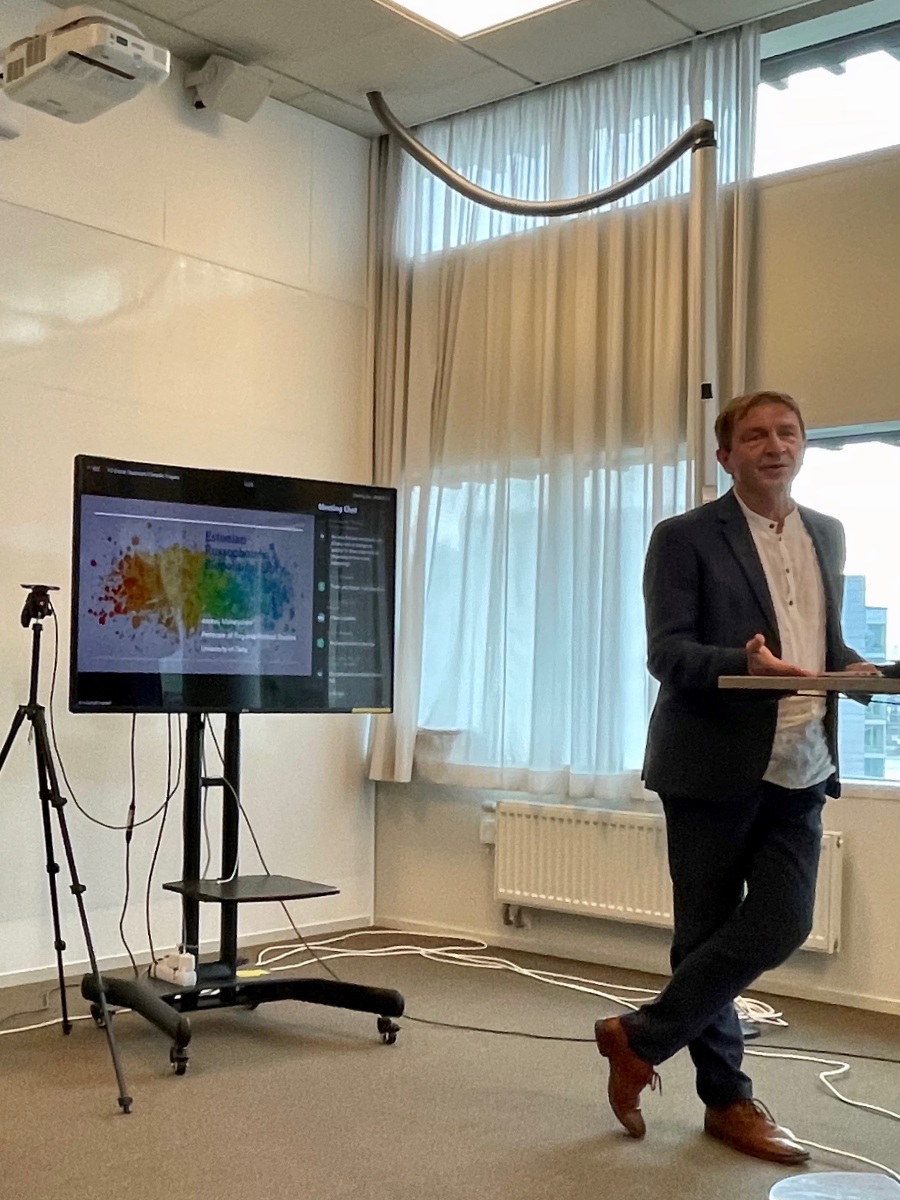

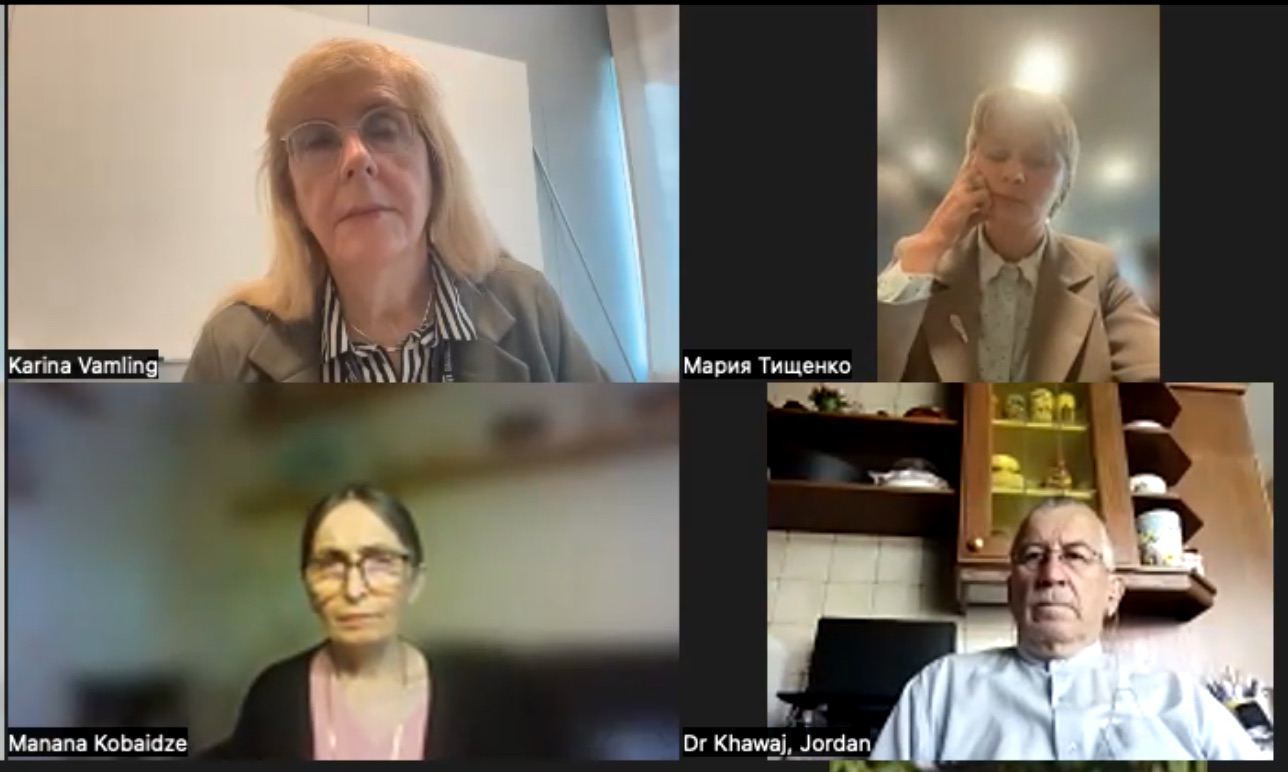

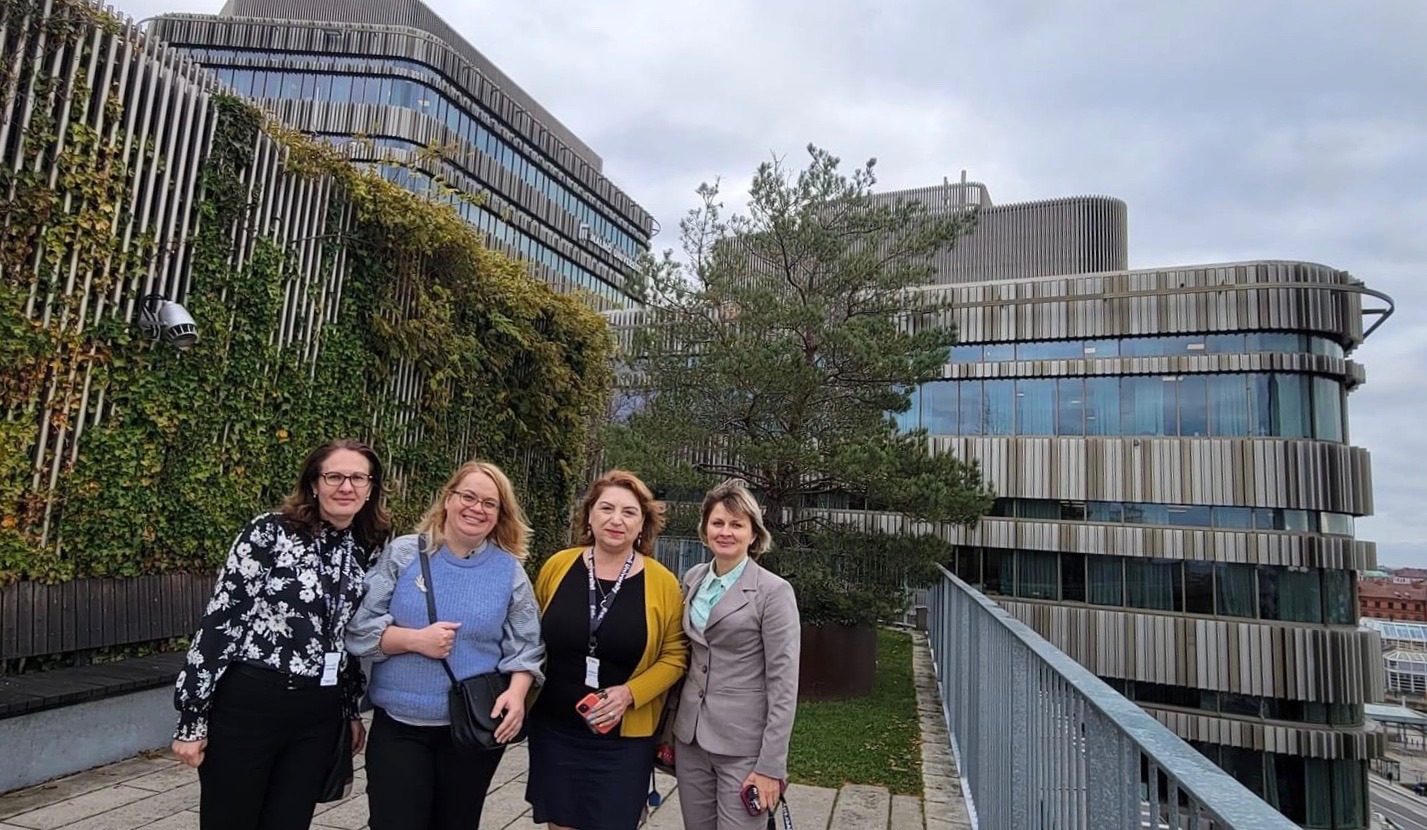
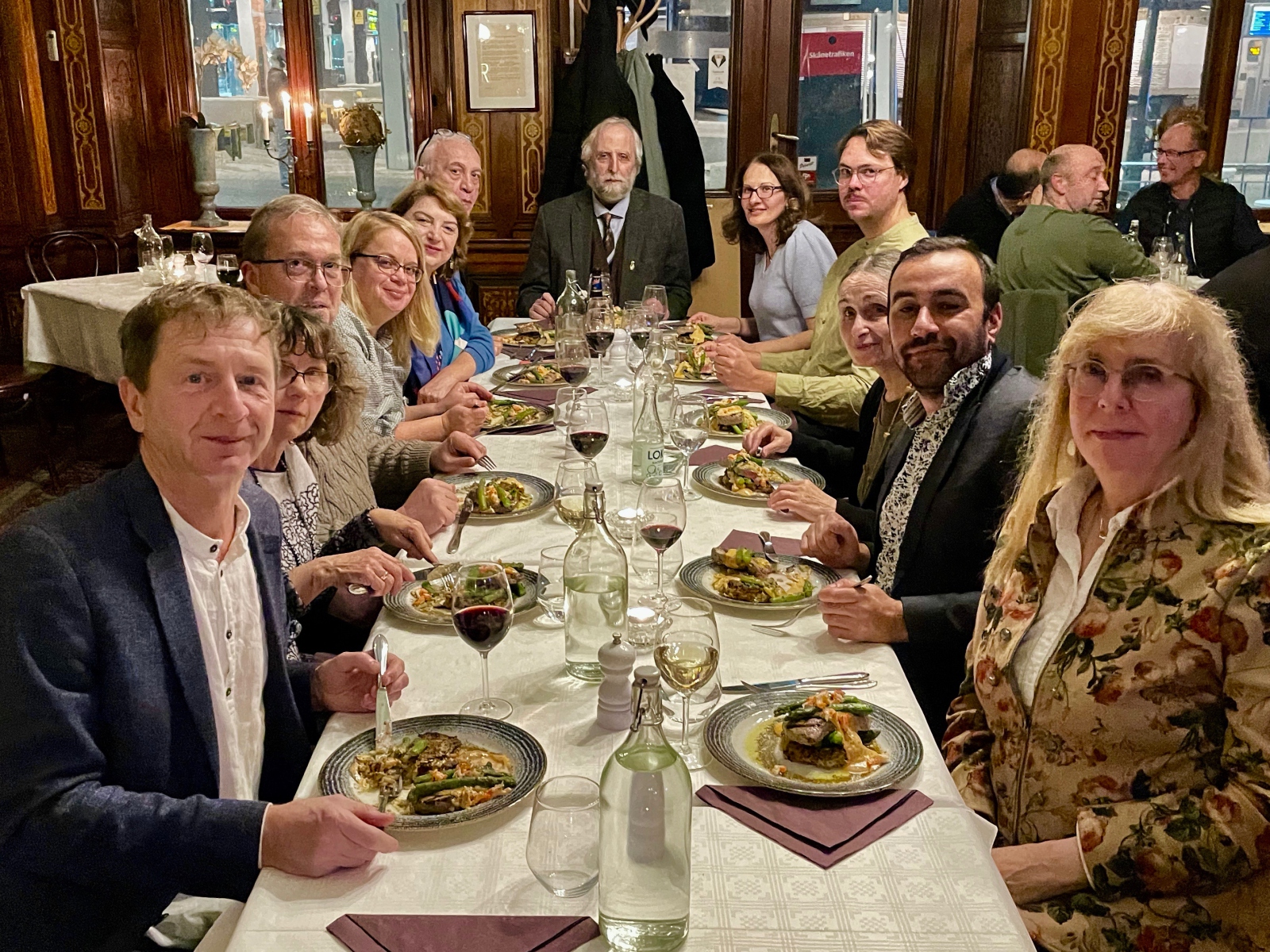
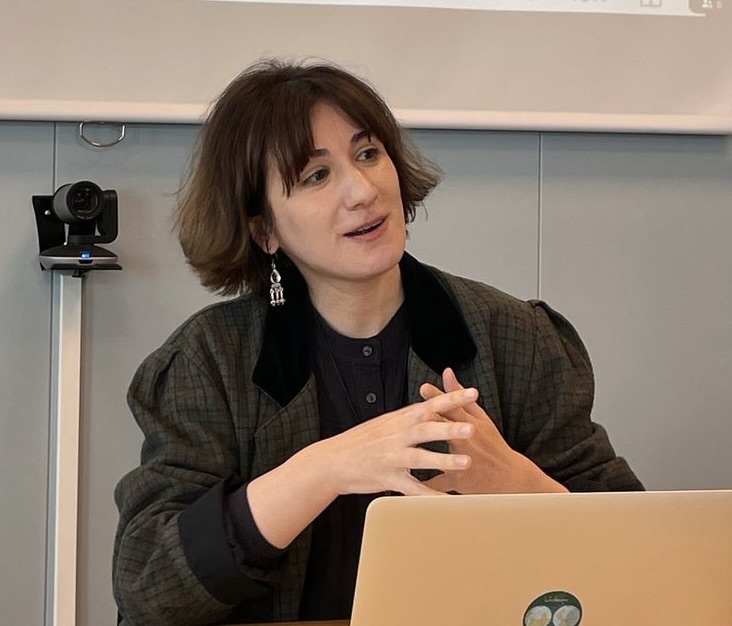 The post-Soviet wars and socio-economic crisis of the 1990s in Georgia and the North Caucasus shaped the lives of Pankisi residents, transforming the borderland region into the epicenter of tension. While Pankisi residents have kept a distinct Kist identity in Georgia, they have also maintained their ties with their Northern neighbours, and political developments in Chechnya and Ingushetia have often had a significant impact on their lives. The transition of North-Eastern Georgian borders from open to closed after the collapse of the Soviet Union unfolded in a specific way in Pankisi Gorge. This shift in border regimes coincided with the Russo-Chechen war. These events played a pivotal role in shaping their ethnic and religious identities and became an integral part of the collective memory of Pankisi Kists. It is against the backdrop of the Russo-Chechen wars and Georgia’s western-oriented geopolitical aspirations that I seek to understand the „valley of misconstrued“ by examining the formation of borderland identity at this politically and socially pivotal juncture.
The post-Soviet wars and socio-economic crisis of the 1990s in Georgia and the North Caucasus shaped the lives of Pankisi residents, transforming the borderland region into the epicenter of tension. While Pankisi residents have kept a distinct Kist identity in Georgia, they have also maintained their ties with their Northern neighbours, and political developments in Chechnya and Ingushetia have often had a significant impact on their lives. The transition of North-Eastern Georgian borders from open to closed after the collapse of the Soviet Union unfolded in a specific way in Pankisi Gorge. This shift in border regimes coincided with the Russo-Chechen war. These events played a pivotal role in shaping their ethnic and religious identities and became an integral part of the collective memory of Pankisi Kists. It is against the backdrop of the Russo-Chechen wars and Georgia’s western-oriented geopolitical aspirations that I seek to understand the „valley of misconstrued“ by examining the formation of borderland identity at this politically and socially pivotal juncture.